Camera Filters Guide
Type of camera filter (eg. UV filter, polarizing filter, neutral density filter)
There are three primary types of camera filters that you can choose from based on your specific needs:
UV filters: These filters are designed to reduce the amount of ultraviolet light that reaches your camera sensor, resulting in sharper and more vibrant images. A great option to consider is the B+W UV-Haze, which features multi-resistant coating to minimize lens flare and ghosting while protecting your lens from scratches.
Polarizing filters: If you engage in outdoor photography, a polarizing filter can significantly enhance your images by effectively reducing glare and atmospheric haze. The Tiffen Circular Polarizer Filter is a reliable choice that helps deepen blue skies, saturate colors, and suppress reflections on shiny surfaces.
Neutral density filters: These filters, often abbreviated as ND filters, reduce the amount of light entering your camera lens without affecting the color balance. They are primarily used for long-exposure photography or when shooting in bright conditions with wide apertures. One highly regarded option is the LEE Filters Big Stopper, which offers a 10-stop light reduction, allowing you to capture stunning long exposures during daylight hours.
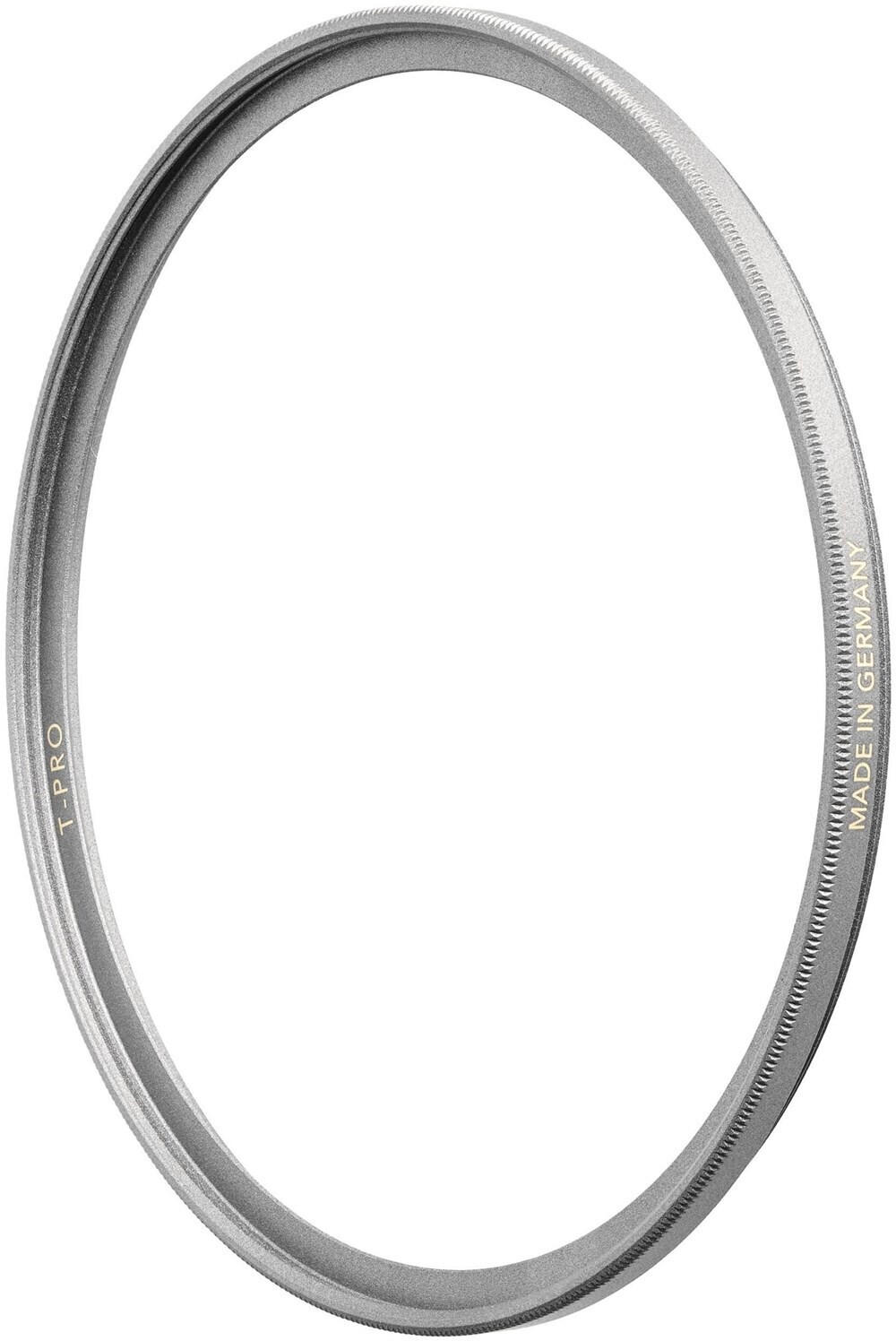
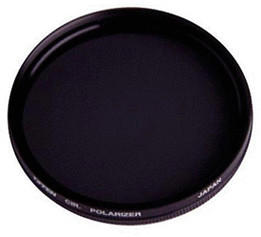
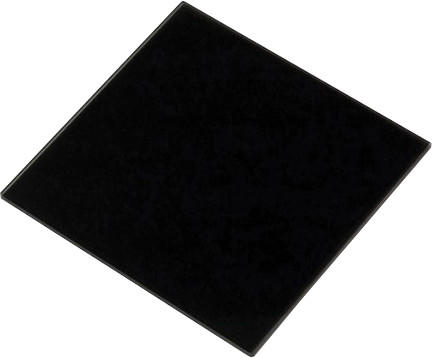
Material of the filter (eg. glass, resin)
Two commonly used materials are glass and resin. Glass filters are known for their optical clarity and durability. They provide precise color rendition and minimal distortion, ensuring that your images appear sharp and accurate. A notable example of a glass filter is the B+W 77mm Clear UV Haze with Multi-Resistant Coating. This filter is made of high-quality glass and features multiple layers of coatings to reduce reflections, increase contrast, and protect the filter against moisture and scratches.
On the other hand, resin filters are lighter and more affordable than glass filters. They are made from a type of plastic material and are often popular among landscape photographers due to their versatility and ample range of available options. The Lee Filters ND Grad Set Hard Resin Filters is a great example of a resin filter set. This kit features hard-edged graduated neutral density filters, which help balance the exposure between the bright sky and the darker foreground in landscape shots.
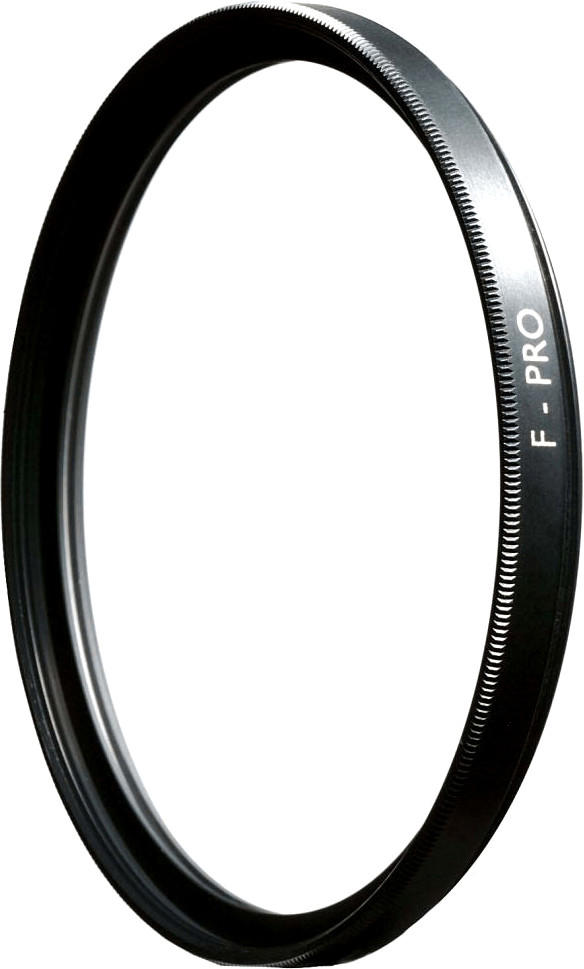
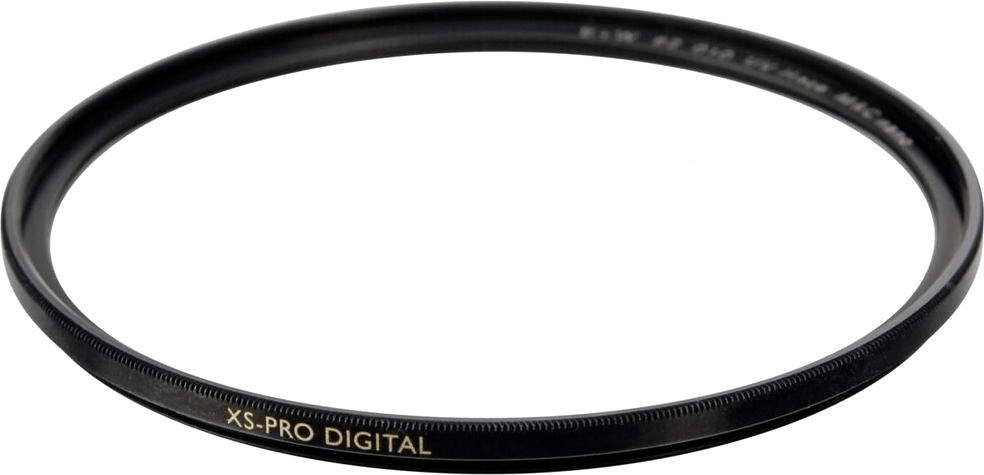
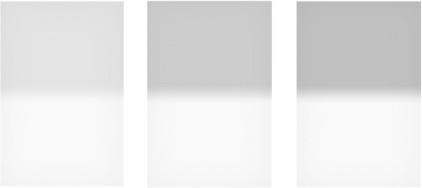
Other segments of filters on the market include tempered glass filters, which offer enhanced durability and resistance to breakage, and polarizing filters, which reduce glare and enhance color saturation in outdoor photography. Examples of these filters include the Breakthrough Photography X4 UV Filter and the Hoya HD3 Circular Polarizer Filter, respectively. So no matter your preference or budget, choosing the right material for your camera filter is an essential step in capturing high-quality images.
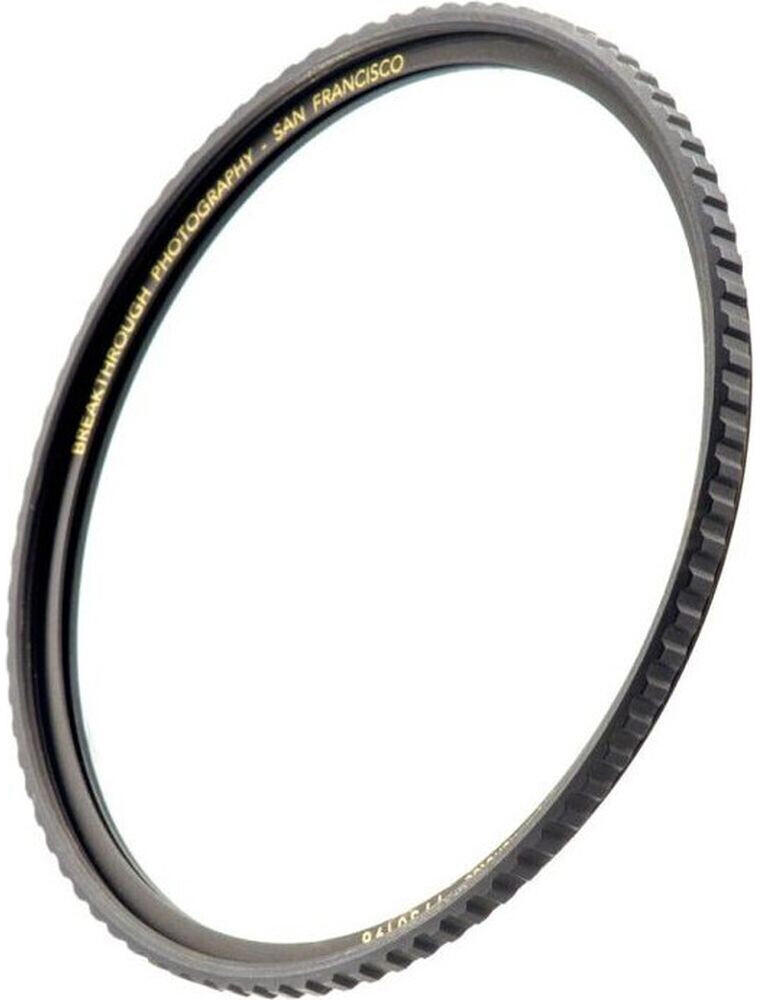
Filter size (eg. 52mm, 67mm, 77mm)
Filter size refers to the diameter of the front thread of the lens where the filters can be attached. It is crucial to select the right filter size that matches your camera lens to ensure compatibility. The most common filter sizes are 52mm, 67mm, and 77mm, but sizes can vary depending on the lens manufacturer and model.
In the 52mm segment, Hoya 52mm HMC UV Digital Slim Frame Multi-Coated Glass Filter is a highly regarded option. The filter features multi-coated glass that reduces lens flare and reflections to improve image quality.
For the 67mm size, the B+W 67mm XS-Pro Digital Circular Polarizer MRC Nano Filter is an excellent choice. This filter utilizes the MRC Nano coating that repels dirt and water, providing easy maintenance and durability. It enhances color saturation and reduces reflections, making it ideal for outdoor photography.
In the 77mm group, photographers often go for the Lee Filters 77mm Big Stopper Neutral Density Filter. Designed for long-exposure photography, this filter reduces the amount of light passing through the lens by 10 stops, enabling you to capture stunning motion blur or silky water effects.
While these products showcase the variety of high-quality camera filters available in different sizes, make sure to check the specifications and compatibility with your camera and lenses before making a final purchase decision.
Compatibility with camera model
Different camera models have specific lens thread sizes and formats, so it is crucial to select filters that can seamlessly attach to and work well with your camera. For example, the Hoya 58mm UV Filter is designed for use with cameras that have a 58mm lens thread size, such as the Canon EOS Rebel T7i or the Nikon D5600. Similarly, for cameras with different thread sizes like the 67mm, the B+W 67mm Circular Polarizer Filter is an excellent choice. It is crucial to check your camera's lens thread size and ensure that the filter you choose is compatible with it. Failure to use filters suitable for your camera model may result in incompatibility, rendering them useless.
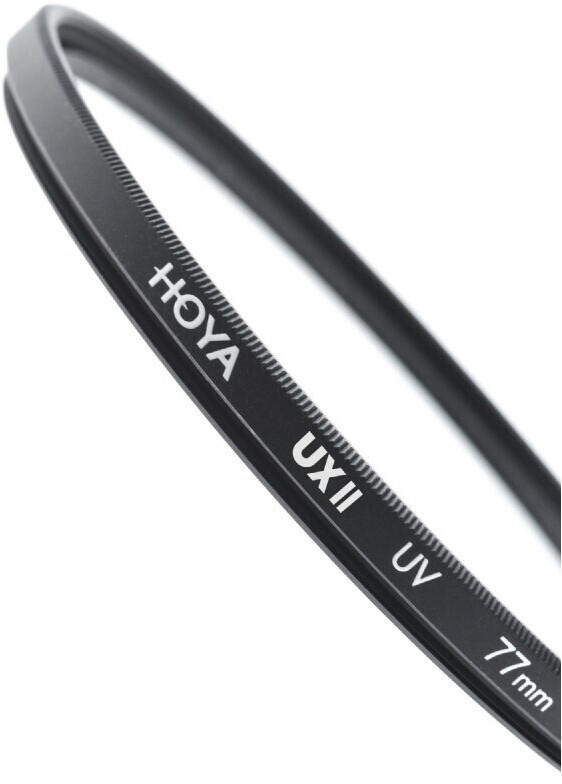
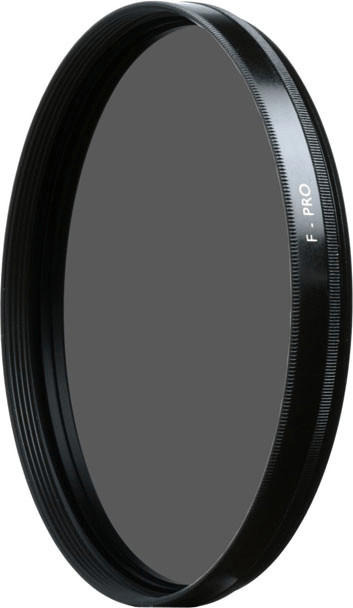
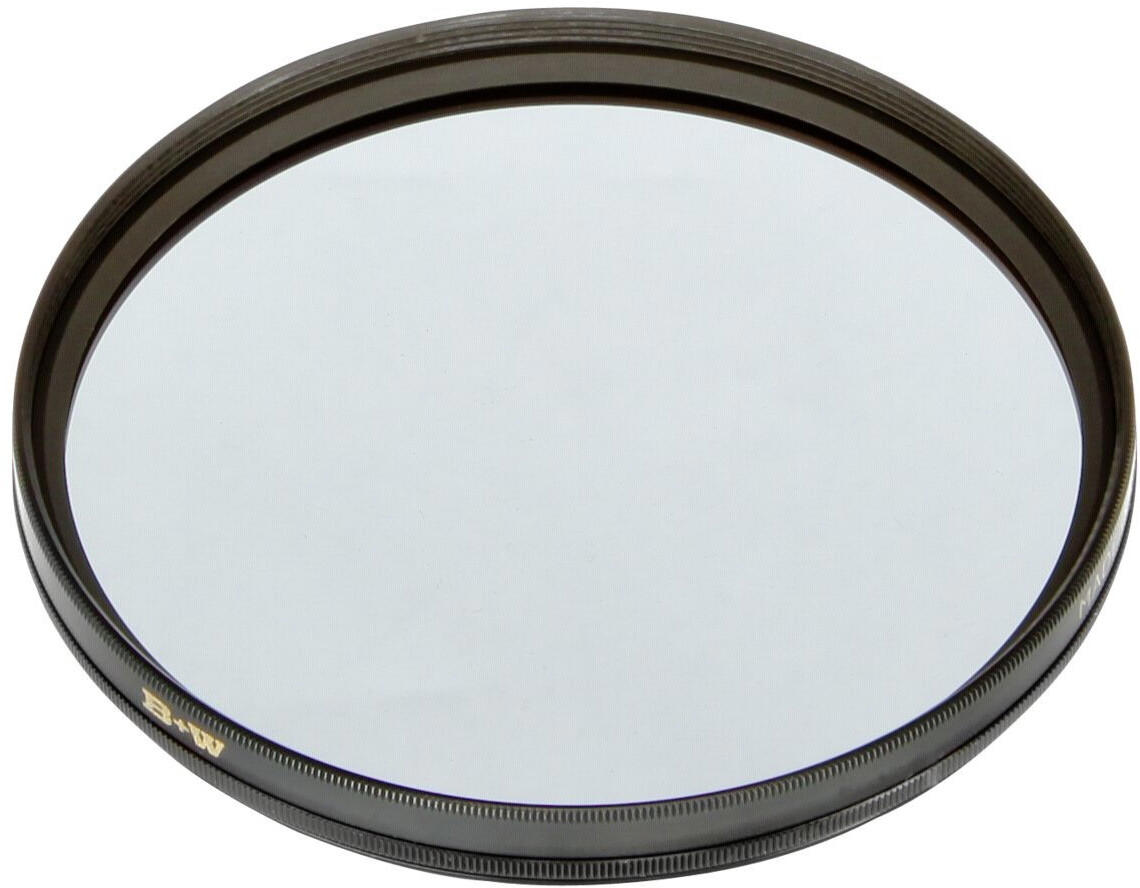
Filter thread size
The filter thread size refers to the diameter of the lens barrel where the filter is attached. It is crucial to ensure that your camera filter has the correct thread size to properly fit your lens.
For example, the B+W 77mm Clear MRC Glass Protective Filter is designed for lenses with a 77mm filter thread size. It features multi-resistant coating to protect against dust, moisture, and fingerprints, while maintaining high optical clarity. Another option is the Hoya 62mm Ultraviolet (UV) HRT Filter, which is suitable for lenses with a 62mm filter thread size. This filter not only blocks UV light but also has an additional anti-reflective coating to minimize glare and ghosting.
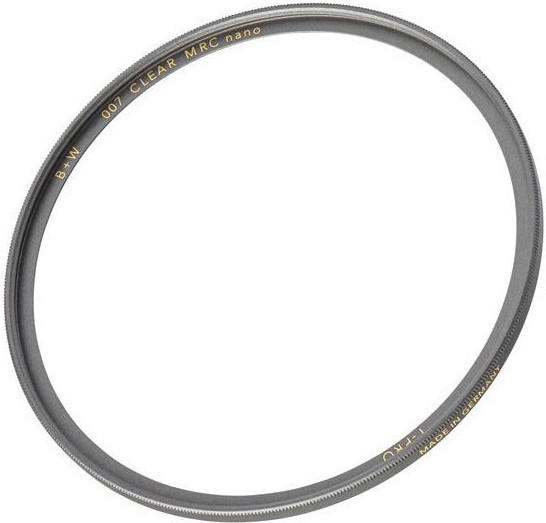
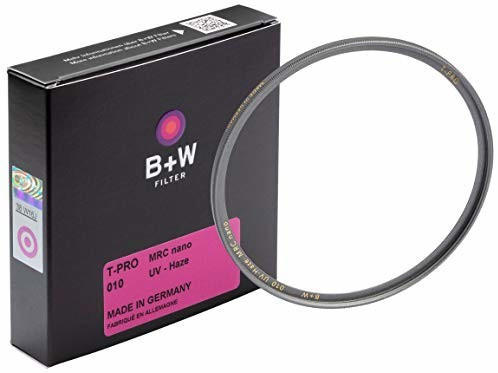

Knowing the specific filter thread size for your camera lens is essential before purchasing camera filters. In the market, filters are available in various thread sizes ranging from small sizes like 37mm to larger ones such as 95mm. Some popular filter thread sizes include 52mm, 58mm, 67mm, and 77mm. Make sure to check the specifications of your lenses or consult your camera manufacturer’s website to find the correct filter thread size for your specific lens model.
Filter thickness
A thicker filter tends to be more durable and less prone to possible bending or jamming while screwing it onto the lens. Additionally, a thicker filter helps prevent vignetting and light loss, ensuring optimal image quality. As a general guide, filters around 1-2mm thick are considered suitable for most photography needs. Some great options to consider in this category include the B+W XS-Pro Clear UV Haze MRC-Nano filter which boasts a thickness of only 3.2mm, making it ultra-slim and compatible with wide-angle lenses. Another reliable choice is the Hoya HD Digital UV Filter which has a thickness of 3mm and features Hoya's hardened glass with an optical surface precision and scratch resistance. Yet another option is the Tiffen 52mm UV Protection Filter with Slim Frame, with a thickness of just 2.2mm coupled with a slim frame design. Overall, these filters with varying thicknesses provide dependable protection to your lens without compromising image quality.
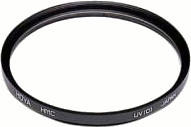
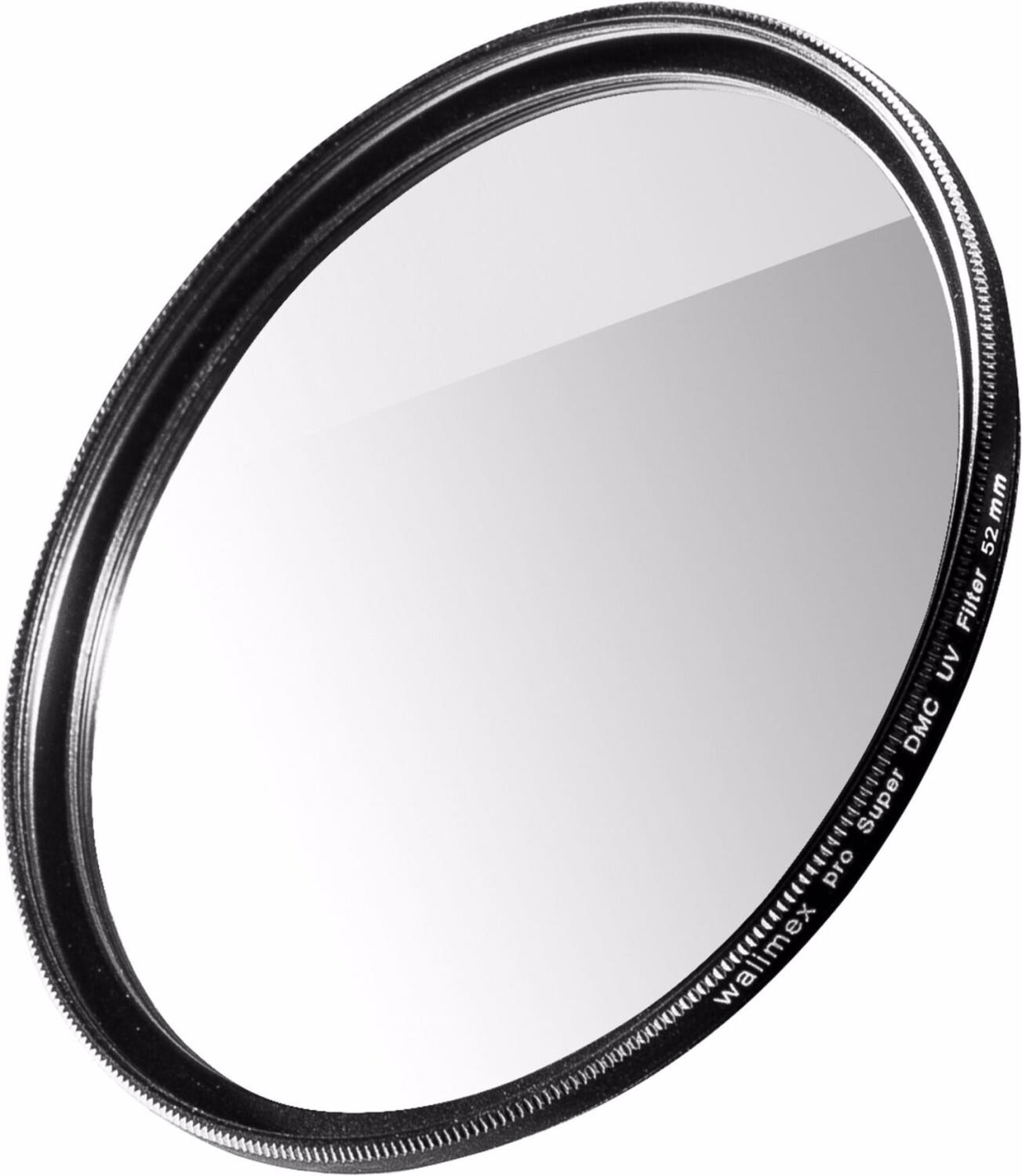
Optical density
Optical density refers to the degree by which a filter reduces the amount of light passing through it. A higher OD value indicates a greater reduction of light transmission, making it useful for situations where there is excessive brightness or if you want to slow down your camera's shutter speed. There are various camera filters available on the market with different OD values. For instance, the PolarPro ND1000 Filter offers an impressive OD of 3.0, which reduces the light transmission by ten stops, allowing for extended exposure times to capture beautiful long exposure shots. Another notable option is the Hoya ProND1000 Filter with an OD of 3.0, providing ten-stop light reduction for breathtaking images with excellent color rendition and contrast.

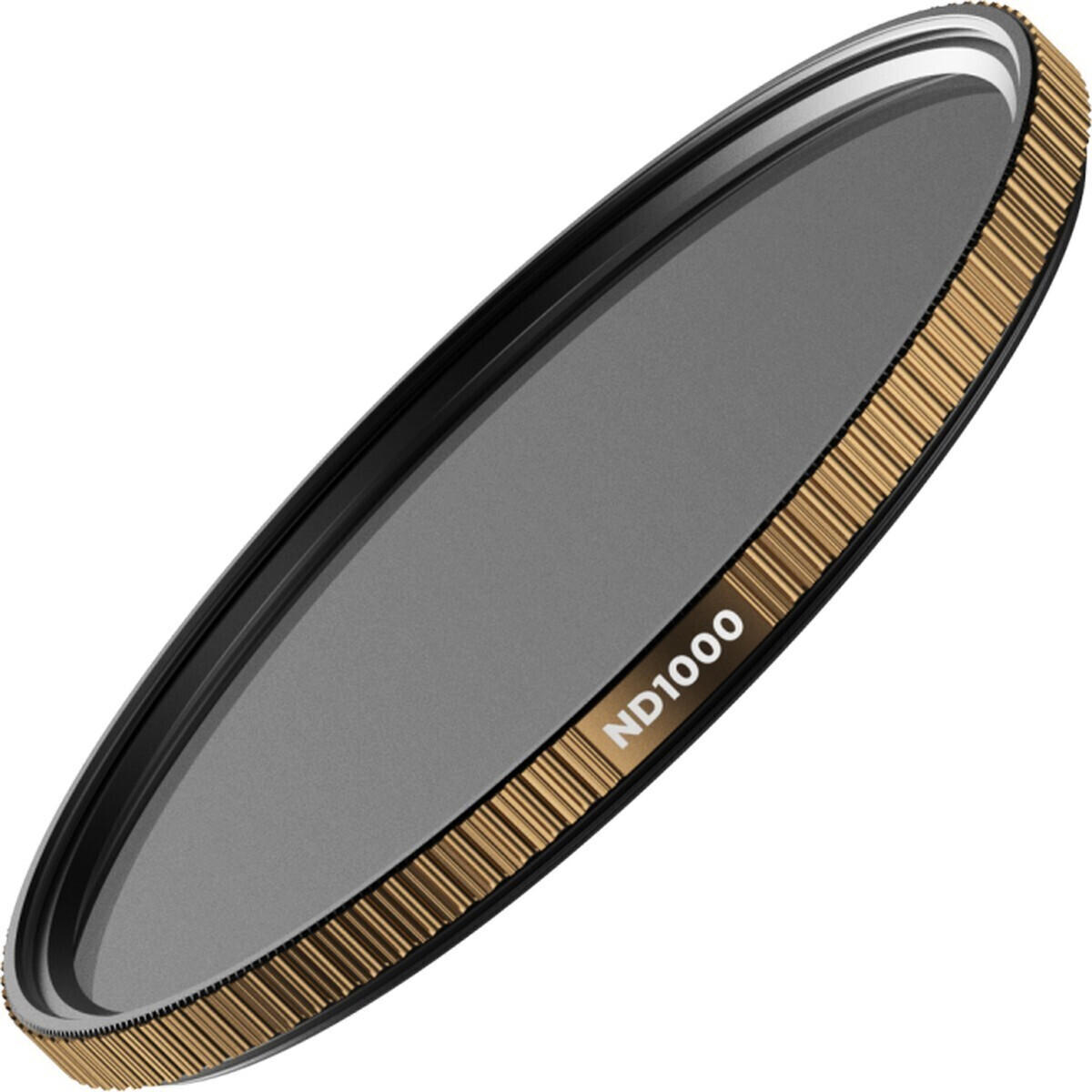
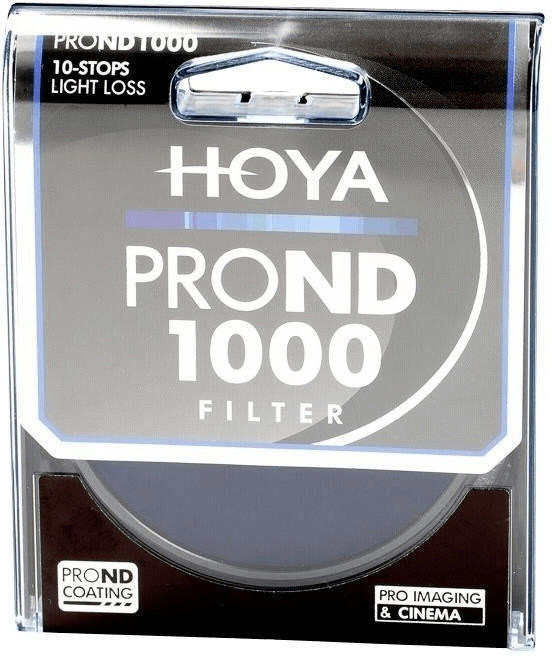

Filter factor
Filter factor, also known as light loss factor, measures how much light a filter blocks as it passes through to the camera's sensor. This factor is crucial as it can affect exposure settings and the overall quality of your photographs. Different filters have different filter factors, so understanding this concept is essential.
For instance, if you're in need of a neutral density (ND) filter, the Hoya ProND1000 provides a filter factor of 10 (3.0 stops), while the LEE Filters Big Stopper offers a filter factor of 10 (3.0 stops) as well. These filters are particularly useful for long exposure photography, where you require a longer shutter speed to capture smooth motion. However, if you prefer a weaker ND effect for more versatility, consider the B+W 110 ND 3.0 with a filter factor of 10 (3.0 stops). This ensures optimal light reduction without sacrificing clarity and contrast. Be sure to check specific filter factors of different filters before making a final decision.

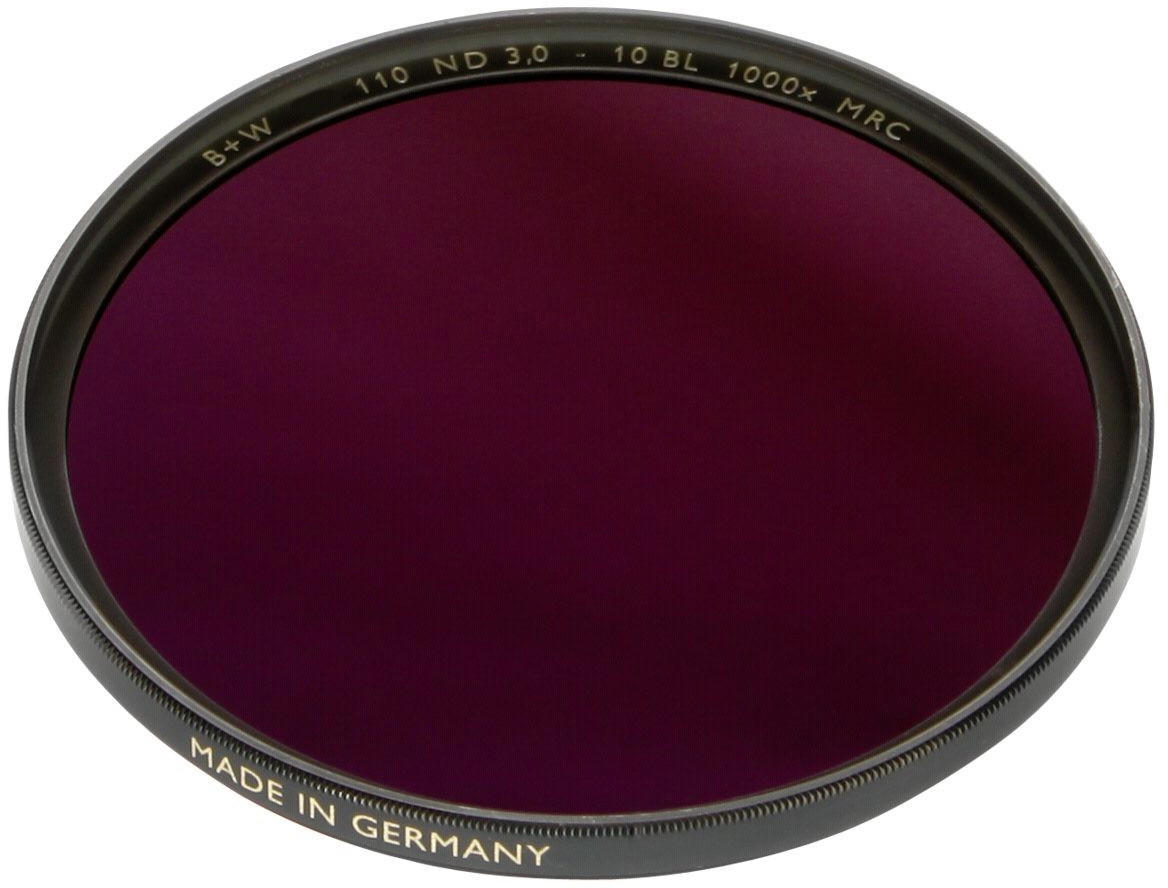
Coating type (eg. multi-coated, single-coated)
Single-coated filters have a single layer of anti-reflection coating on the filter surface, while multi-coated filters have multiple layers that reduce reflections and flare. Multi-coated filters, such as the B+W F-Pro Multi-Coated MRC UV Filter and the Hoya Pro 1 Digital Multi-Coated UV Filter, are highly recommended for their superior light transmission and resistance to scratches, dust, and water. These filters use advanced multi-resistant coating (MRC) technology to minimize ghosting and flares, resulting in sharper and more vibrant images without unwanted reflections. Additionally, offering high-quality optical glass, the Hoya HD3 Professional UV Filter is another popular multi-coated option that features 32-layer anti-reflective coating for exceptional clarity, colors, and contrast.
It is worth noting that some filters come with nano-coatings, such as the Breakthrough Photography X2 UV Filter. These coatings employ nanotechnology to repel water, oils, and dust, ensuring a smudge-free surface and easy cleaning. While not as common as multi-coated filters, these nanocoating filters offer added durability and are suitable for photographers working in challenging environments.
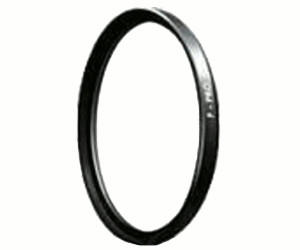
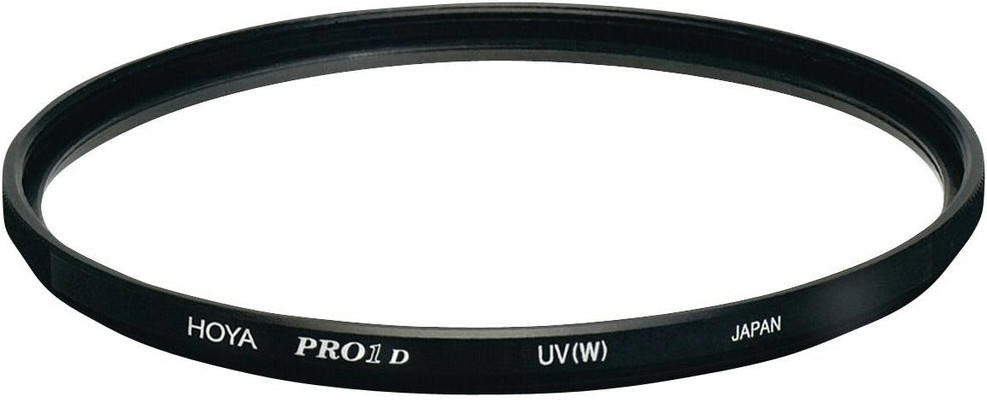
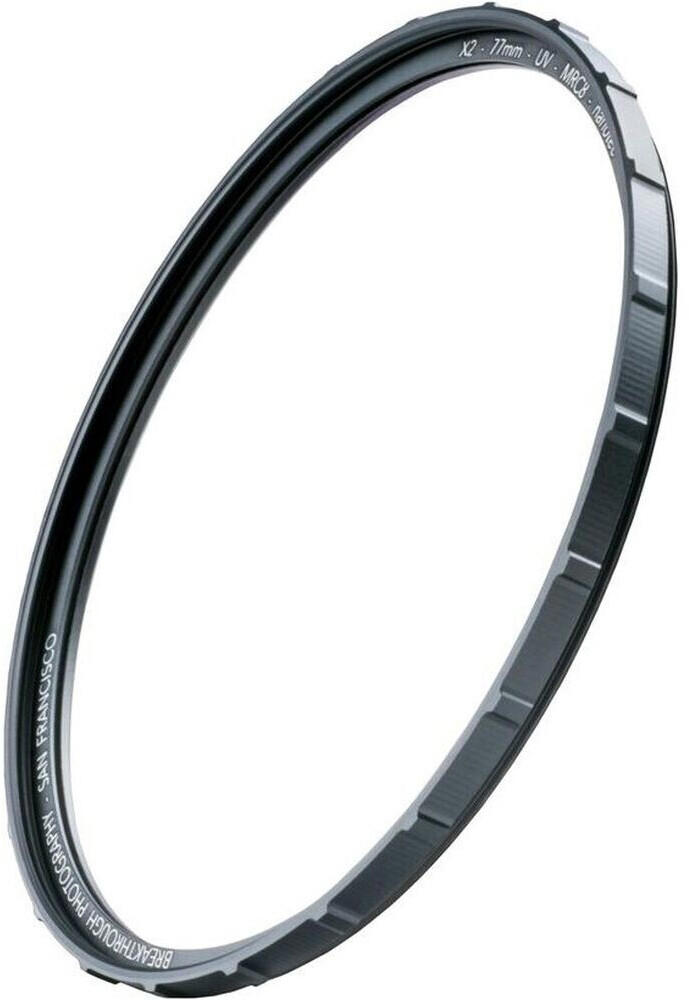
In summary, when selecting camera filters, consider opting for multi-coated filters with advanced coating technologies such as MRC or nano-coatings. Notable options in the market include the B+W F-Pro Multi-Coated MRC UV Filter, the Hoya Pro 1 Digital Multi-Coated UV Filter, the Hoya HD3 Professional UV Filter, and the Breakthrough Photography X2 UV Filter. These filters provide excellent light transmission, reduced reflections and flares, and increased resistance to scratches, dust, and water, ensuring superior image quality and protection for your lens.



Scratch-resistant coating
This coating ensures that your filter remains protected from any potential scratches or damages, allowing you to use it for an extended period of time without any concerns. One such product that offers excellent scratch resistance is the B+W 77mm Clear Protection Filter. This filter is crafted with a high-quality brass ring that provides durability and prevents any light leaks. It also features a multi-resistant coating that enhances both scratch resistance and resistance against water, oil, and dirt. Another noteworthy option is the Hoya 58mm HD Hardened Glass 8-layer Multi-Coated Filter. This filter is designed with hardened glass that adds an extra level of durability and strength, keeping it protected against scratches. Its eight-layer multi-coating enhances light transmission, minimizes reflection, and improves image quality. Regardless of the specific filter you choose, a scratch-resistant coating is an essential feature that ensures longevity and the highest quality images.


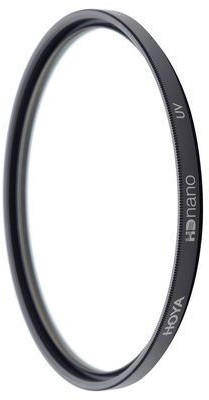
Filter frame material (eg. aluminum, plastic)
The material can greatly impact the durability and weight of the filter, ultimately influencing its performance and lifespan. Aluminum frames are known for their robustness and lightweight construction, making them ideal for outdoor and travel photography. For instance, the Breakthrough Photography X1 Aluminum Filter features a precision-machined aluminum frame that provides excellent durability without adding unnecessary weight to your camera gear. On the other hand, plastic frames are popular due to their cost-effectiveness and adaptability. The Hoya NXT Plus Circular Polarizer Filter with Plastic Frame showcases a durable plastic construction while still delivering high-quality results. Other noteworthy products in this category include the Tiffen 77mm Digital HT Circular Polarizer with Plastic Frame and the Cokin Square Filter, both manufactured with a sturdy plastic frame that ensures reliability during photo shoots.
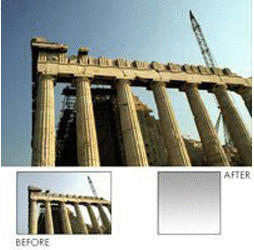
Anti-reflective coating
This coating is designed to reduce reflections and glare on the filter, resulting in clearer and more vibrant images. One example of a filter that incorporates this coating is the Hoya HMC UV(C) filter. It features a multi-coating that effectively minimizes reflections and increases light transmission, delivering high-quality images with higher contrast and sharpness. Similarly, the B+W XS-Pro Digital MRC Nano UV Filter is another excellent option that utilizes a multi-resistant coating to prevent unwanted reflections and flare. This coating also provides great protection against dirt, water droplets, and scratches while maintaining optimal image quality.
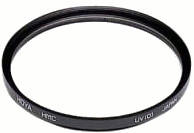
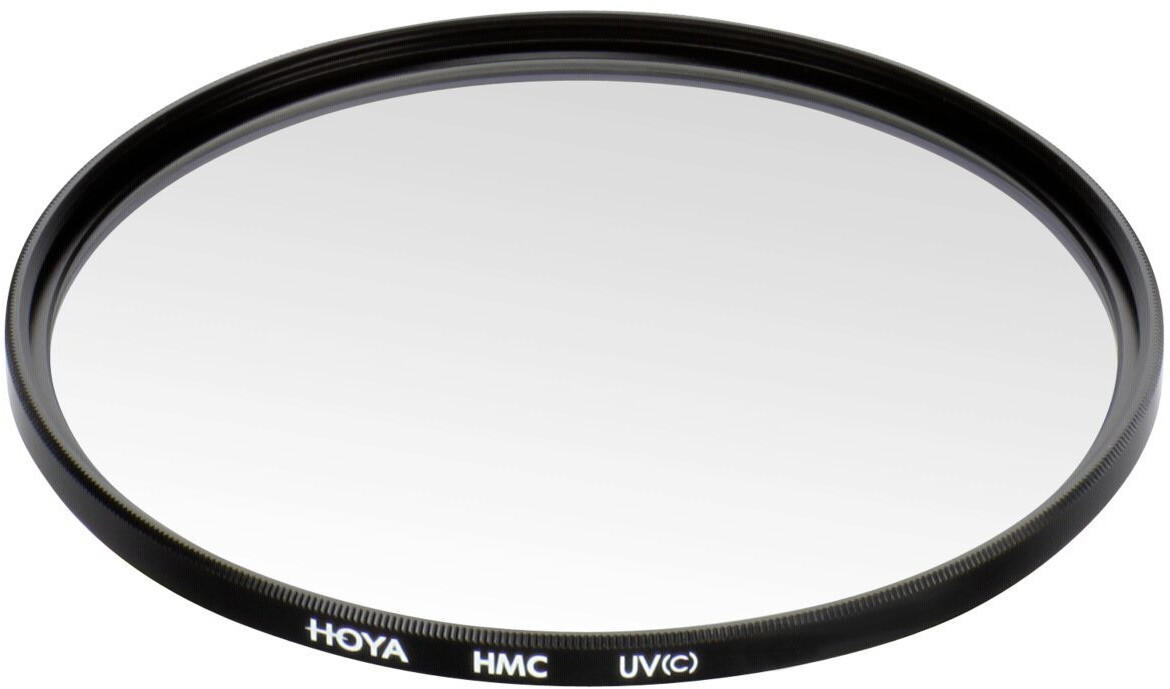
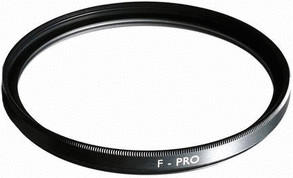
Quality of image resolution
The resolution of a filter refers to its ability to accurately capture fine details and produce sharp images. A higher resolution filter will enable photographers to capture stunning images with beautiful clarity.
One outstanding filter with superior image resolution is the B+W XS-Pro Clear UV Haze MRC Nano Filter. This filter boasts a multi-resistant coating (MRC) that minimizes flare and ghosting, ensuring exceptional clarity in images. It offers an impressively high-resolution due to its use of a high-quality optical glass substrate.
Another remarkable filter for image resolution is the Hoya 77mm HD2 Circular Polarizer Filter. It is known for its sharpness and diffuse light control. With an ultra-high resolution, it is designed to maximize image resolution and reduce color cast. The HD2 Circular Polarizer Filter guarantees sharp and vibrant images, making it an excellent choice for photographers who prioritize resolution above all.
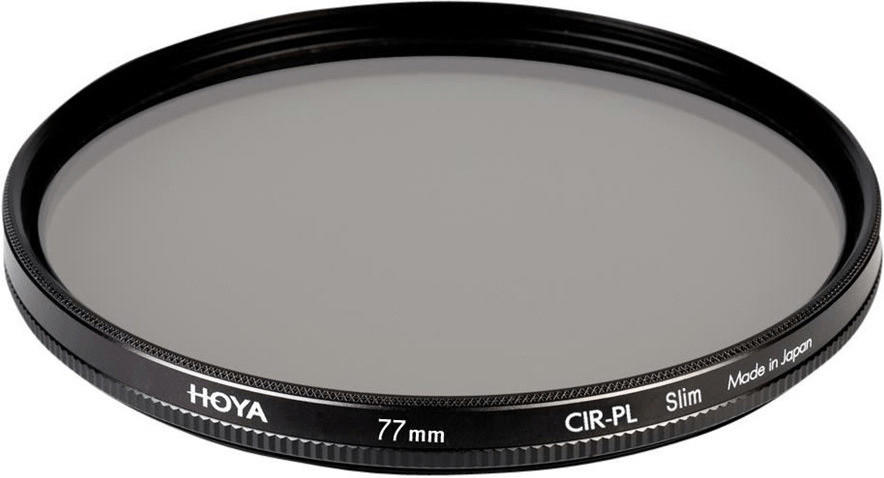
Color accuracy
Color accuracy refers to the filter's ability to reproduce colors accurately without introducing any shifts or color casts. One example of a camera filter that ensures exceptional color accuracy is the Tiffen Digital Neutral Density Filter. Made with high-quality optical glass, this filter offers precise neutral density control while maintaining color fidelity. Its multi-coating enhances color rendition and suppresses reflections for superb image quality. Another product to consider is the Hoya ProND Neutral Density Filter, which exhibits outstanding color accuracy thanks to its ultra-thin profile and extensive use of nano-coating technology. The ProND series offers various density options, enabling photographers to achieve the desired intent while preserving color integrity. Other color-accurate camera filters include the B+W XS-Pro Digital MRC Nano Circular Polarizer Filter and the Benro Master Hard-Edge Graduated Neutral Density Filter Kit.
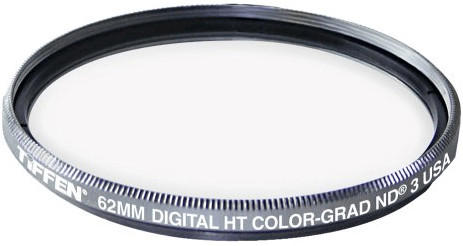
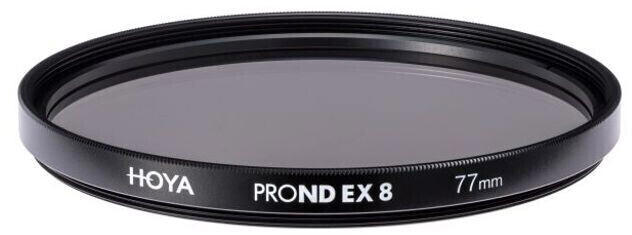
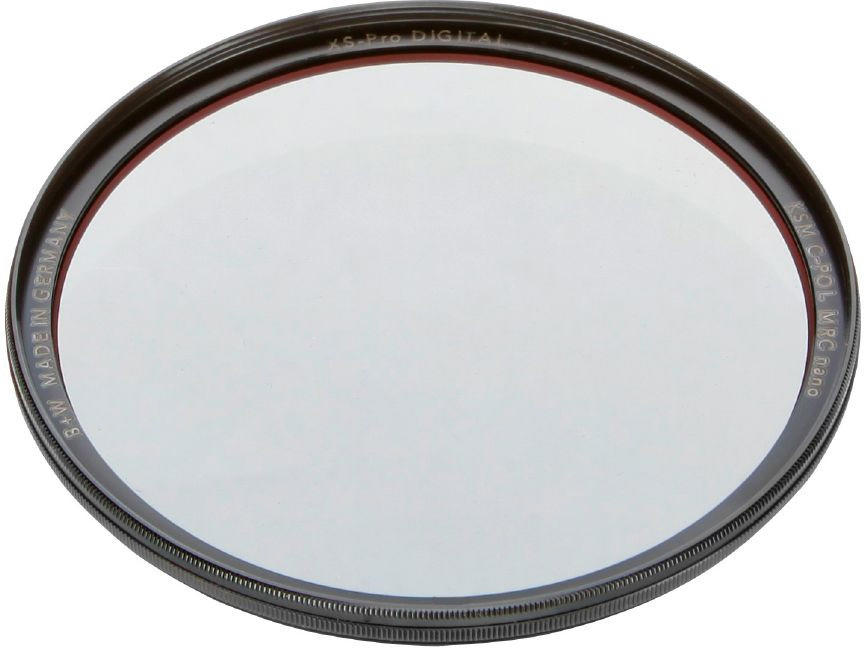
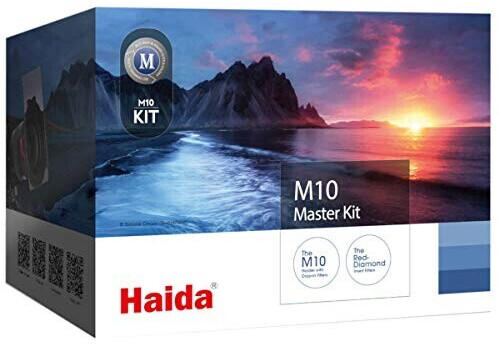
Vignetting prevention
Vignetting is a common issue when using camera filters, especially wide-angle lenses. To prevent this, it is important to choose filters with slim profiles that do not protrude excessively in front of the lens. Look for filters that are designed specifically for wide-angle lenses, such as the B+W XS-Pro Digital MRC nano ND Filter or the Hoya HD3 Circular Polarizer Filter. These filters have slim frames and use advanced multi-coatings to minimize reflections, allowing you to capture images with reduced vignetting. Additionally, filters with low-profile mounting rings, such as the Breakthrough Photography X4 UV Filter, are also great options to prevent vignetting without compromising image quality.
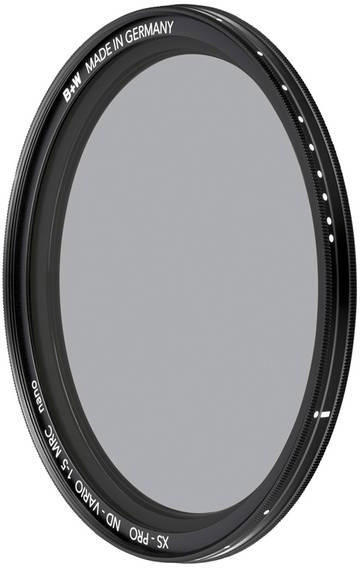

Light transmission rate
This refers to the percentage of light that can pass through the filter, thus affecting the exposure and the overall image quality. Higher light transmission rates allow more light to reach the camera sensor, resulting in brighter and crisper images.
In the market, you can find various filters that excel in light transmission rates. For example, the B+W XS-Pro Clear MRC Nano Filter boasts an impressive 99.5% light transmission due to its multi-resistant coating that minimizes reflections. Similarly, the Hoya HD Digital UV Filter offers a 99.35% light transmission for exceptional clarity. If you're looking for a budget-friendly option, the Tiffen Digital Neutral Density Filter is a solid choice with its 97% light transmission, allowing you to control exposure effectively while preserving image quality. Understanding light transmission rates can help you select a camera filter that suits your photography needs.
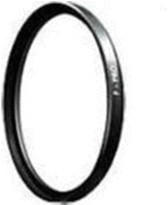


Filter transparency
A transparent filter is one that allows maximum light transmission, ensuring minimal color distortion and reduced loss of image quality. One outstanding option is the B+W 77mm XS-Pro HTC Kaesemann Circular Polarizer with Multi-Resistant Nano Coating. This circular polarizer filter boasts high light transmission due to its high-quality Kaesemann polarizing foil. Furthermore, its Multi-Resistant Nano Coating efficiently repels water, oil, and dirt, thus ensuring excellent transparency and ease of maintenance.
Alternatively, if you are looking for a neutral density (ND) filter with exceptional transparency, NiSi 77mm Pro Nano IRND. This particular filter utilizes a Nano-Coating technology, which enables optimal light transmission while maintaining incredible color fidelity and sharpness. Additionally, the Tiffen 77mm Digital Neutral Density Filter Kit also deserves mention. Comprising of a set of three filters - ND0.6, ND0.9, and ND1.2 - this kit provides varying levels of transparency to cater to different lighting conditions, without compromising image quality.
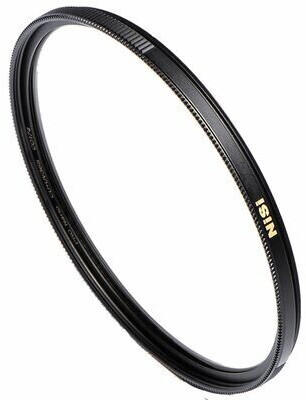
Water-resistant
This feature ensures that your filters are protected from water damage, making them ideal for outdoor photography in rainy or wet conditions. Some popular options in the market include the Hoya HD3 Circular Polarizer, which boasts a water-repellent and scratch-resistant coating that helps to keep the surface clear. Another reliable choice is the B+W XS-Pro Clear Filter, renowned for its excellent water and oil repellency. Additionally, the Manfrotto XUME Lens Filter Adapter is a revolutionary product that allows quick and secure filter attachment, even in undesirable weather conditions.

Dust-resistant
Dust and debris can easily accumulate on the surface of a filter, resulting in poor image quality and potential damage to the lens. For photographers in dusty or outdoor environments, a dust-resistant filter is a must-have. One great example of a dust-resistant camera filter is the Hoya HD3 Circular Polarizer Filter. This filter is constructed with a hardened glass which has 0.35% dust and fingerprint resistant coating. It is designed to repel dust, water, and oil, and offers higher scratch resistance compared to traditional filters. Another excellent option is the B+W XS Pro Nano UV Haze Filter, which features a nano-coating that provides enhanced resistance to dust, moisture, and dirt. These filters are perfect for photographers who often shoot in challenging environments and are looking for reliable protection against dust particles.

Shock-resistant
Shock-resistant filters are designed to withstand accidental drops or impacts, ensuring the longevity and durability of your investment. One highly recommended shock-resistant camera filter is the B+W XS-Pro Kaesemann HTC Circular Polarizer Filter. It features a brass filter ring with a matte black finish, offering enhanced durability and resistance to shocks. Additionally, this filter is multi-coated with high-quality Schneider optics, providing exceptional light transmission and reduced reflections. Another excellent option is the Hoya HD3 Circular Polarizer Filter. This shock-resistant filter is constructed with hardened premium optical glass and a low-profile filter frame to deliver superior impact resistance. It also comes with advanced anti-reflective coatings that ensure minimal flare and ghosting. Remember to select a shock-resistant camera filter from renowned brands to guarantee the highest quality and protection for your photography equipment.

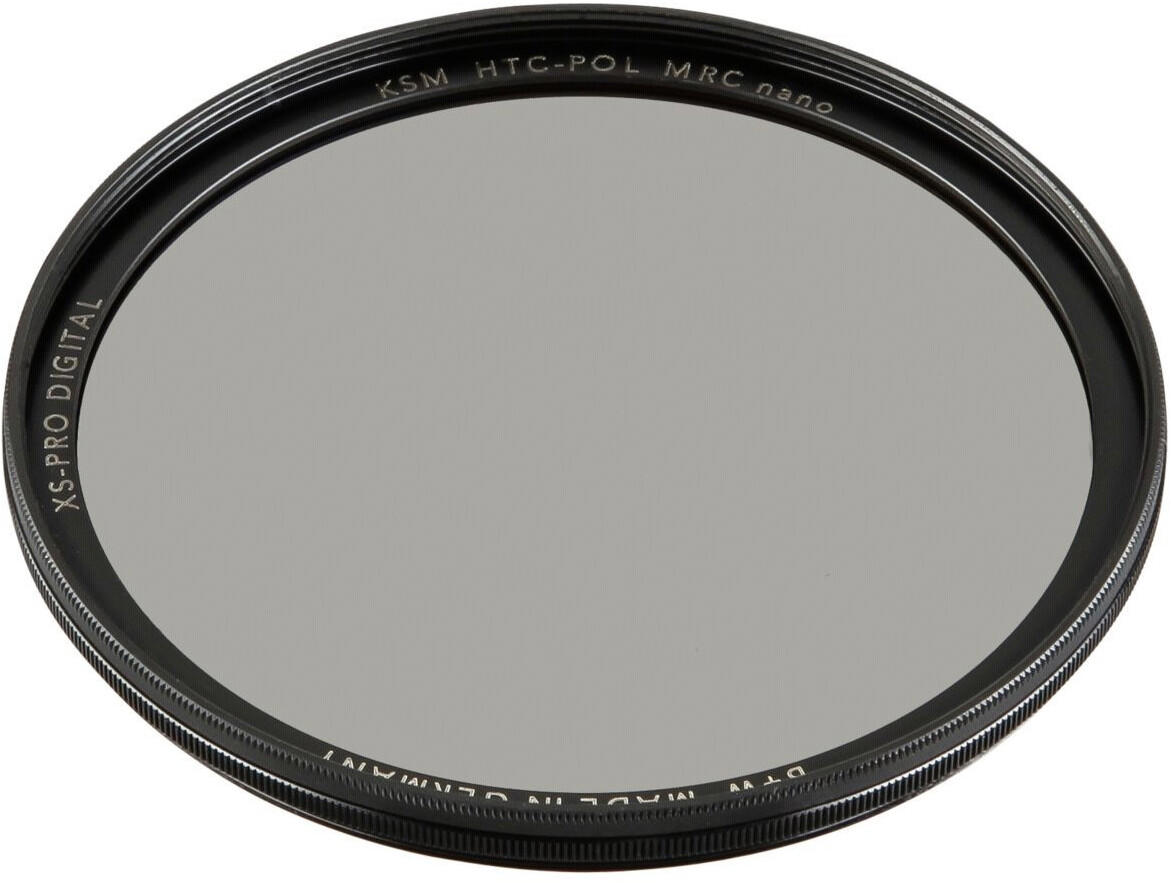
Temperature-resistant
This feature ensures that the filter is durable and can withstand extreme temperature conditions during outdoor shooting. Look for filters that are specifically designed to handle temperature fluctuations to avoid any potential damage. For instance, the B+W XS-Pro Digital HTC Kaesemann Circular Polarizer MRC Nano Filter is known for its resistance to temperature variations. It is made with high-quality optical glass, featuring a MRC nano coating that protects against dirt, water, and scratches. Another great option is the Hoya 77mm HD3 UV Filter, which is constructed using a hardened glass that can easily endure temperature changes. Its multi-coating minimizes flare and reflections, allowing for excellent image quality even in challenging weather conditions.


Easy to install/uninstall
As a photographer, it is essential to have a filter that can be quickly attached or removed to enhance your shooting experience. The B+W 77mm XS-Pro Clear UV Haze with Multi-Resistant Nano Coating is a great example of a filter that is easy to install and uninstall. It features a brass filter ring that is durable and ensures a secure attachment to your lens. Additionally, its slim profile reduces the chance of vignetting in wide-angle shots. Another option to consider is the Tiffen 77mm Digital HT Circular Polarizer Filter. It is designed with a rotating ring that allows for easy adjustments to achieve desired polarization effects. Its thin filter frame is made with titanium rather than aluminum, providing added strength and longevity while maintaining a lightweight design. These filters ensure hassle-free installation and removal, allowing you to focus on capturing stunning images.
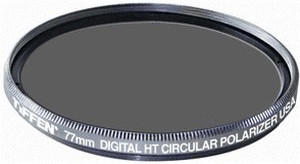
Versatility in different shooting conditions
Look for filters that are designed to excel in a wide range of situations to ensure you can capture stunning images regardless of the environment. One such example is the Hoya 72mm Pro1 Digital Circular Polarizer Filter. This filter is known for its versatility and functionality, as it helps to reduce reflections and glare in a variety of shooting conditions. Additionally, the B+W 77mm XS-Pro Kaesemann Circular Polarizer MRC-Nano Filter is another excellent option. It features advanced multi-resistant coating (MRC) technology, making it resistant to water, grease, and other contaminants, while providing superb optical performance in different shooting conditions.
In terms of products available on the market, camera filters can be grouped into different segments based on their functionality and versatility. One segment includes neutral density filters, such as the Lee Filters ProGlass IRND 2 Stop ND Filter, which is renowned for its ability to reduce light by two stops. Another segment involves graduated neutral density filters, like the Cokin Nuances Z-Pro Series Graduated ND8 filter, which is perfect for balancing exposures in scenes with a significant difference in contrast. Additionally, circular polarizing filters, like the aforementioned Hoya 72mm Pro1 Digital Circular Polarizer Filter and B+W 77mm XS-Pro Kaesemann Circular Polarizer MRC-Nano Filter, enhance colors and reduce reflections, making them ideal for a variety of shooting conditions. Whatever filter you choose, ensure it offers the versatility to meet your shooting needs.
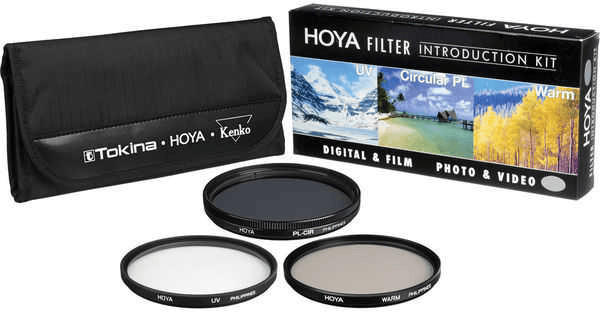
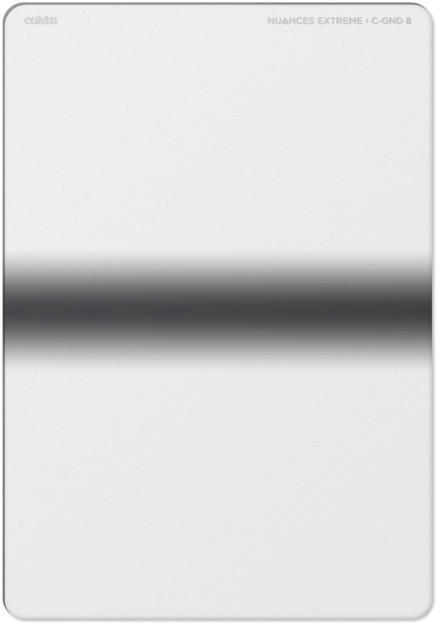
Stackable filter design
Stackable filter design: This design allows you to stack multiple filters on top of each other, giving you the opportunity to combine different filter effects for creative and unique results. A popular example of stackable filters is the LEE Seven5 filter system. The LEE Seven5 filter holder is compatible with a range of LEE filters, including neutral density (ND), graduated ND, polarizing, and color correction filters. This design also allows for the precise positioning and adjustment of each filter, ensuring maximum control over your desired effect. Other stackable filter options include the Haida NanoPro MC variable neutral density filter, offering variable and adjustable ND effects, and the NiSi P1 filter system, which features magnetic filter holders for easy stacking and swift adjustments.
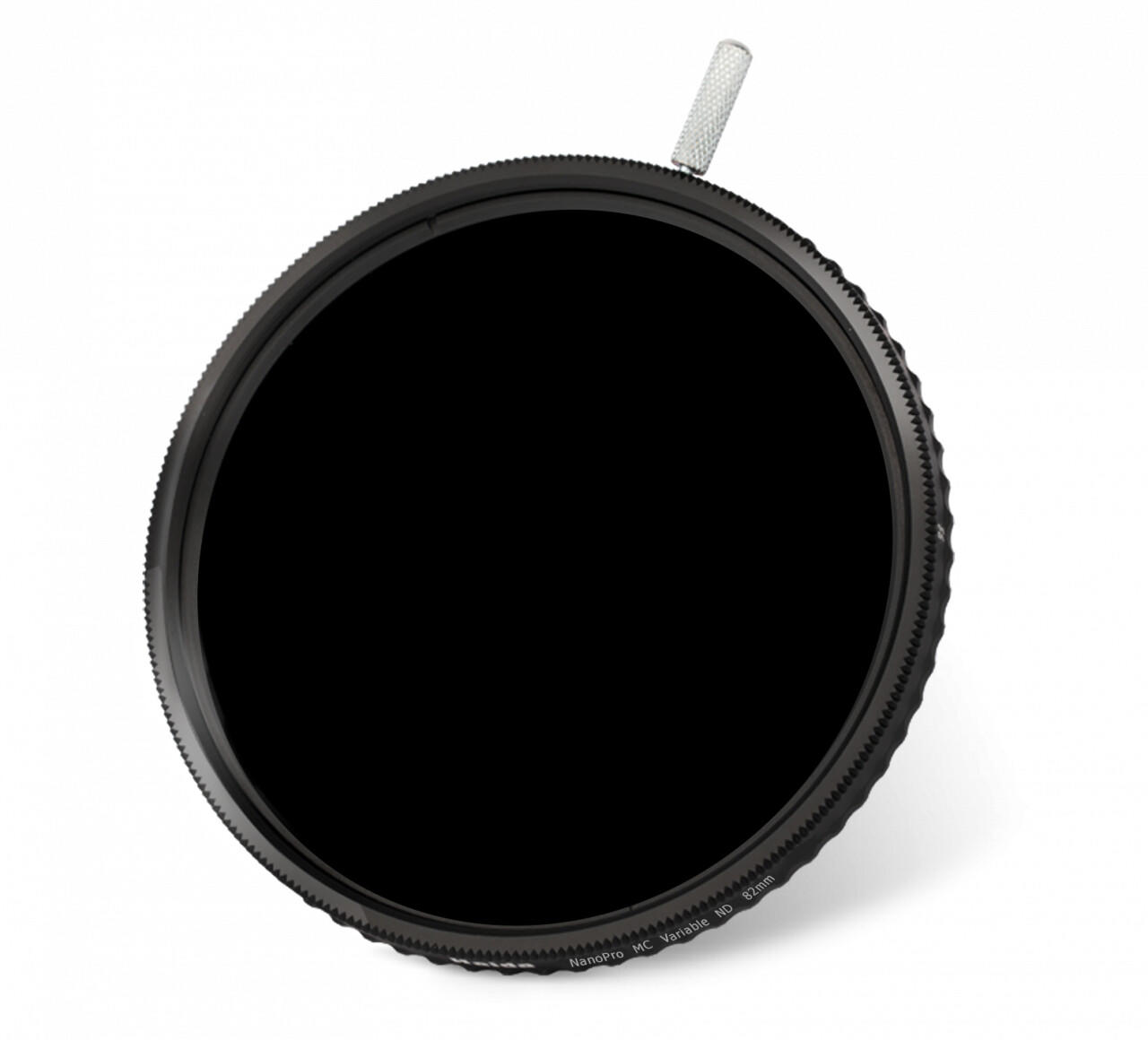
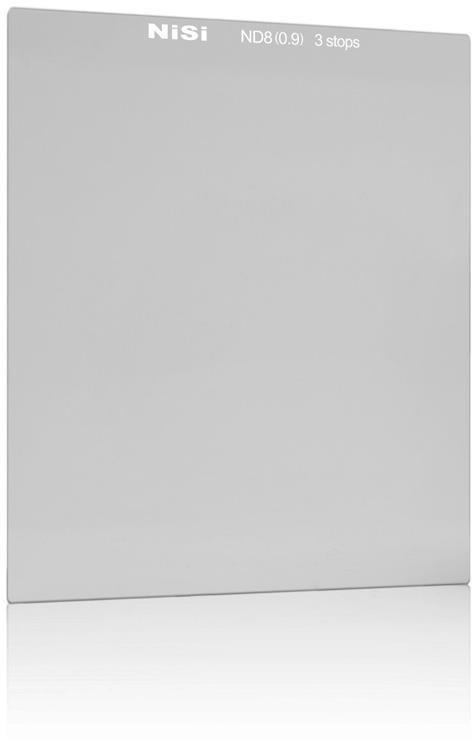
Compatibility with other filters or lens accessories
Some photographers like to use multiple filters simultaneously to achieve specific effects or reduce unwanted elements such as glare or lens flare. In this case, it is crucial to ensure that the filters are compatible with each other and do not cause any vignetting or distortion in the image.
One option that offers exceptional compatibility is the B+W XS-Pro Digital MRC Nano filter series. These filters are designed to be stackable without causing any vignetting, making them perfect for photographers who want to combine multiple filters for creative effects. Another notable option is the LEE Filters 100mm System. This versatile filter holder system allows photographers to use various square filters simultaneously, including graduated neutral density (GND) filters, polarizers, and more, enabling them to easily customize their shots as needed.

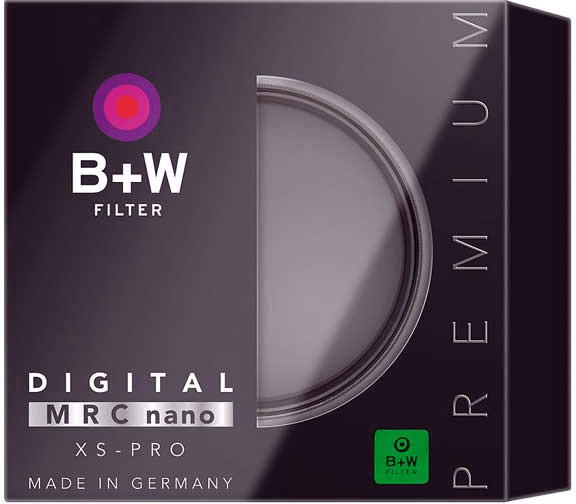
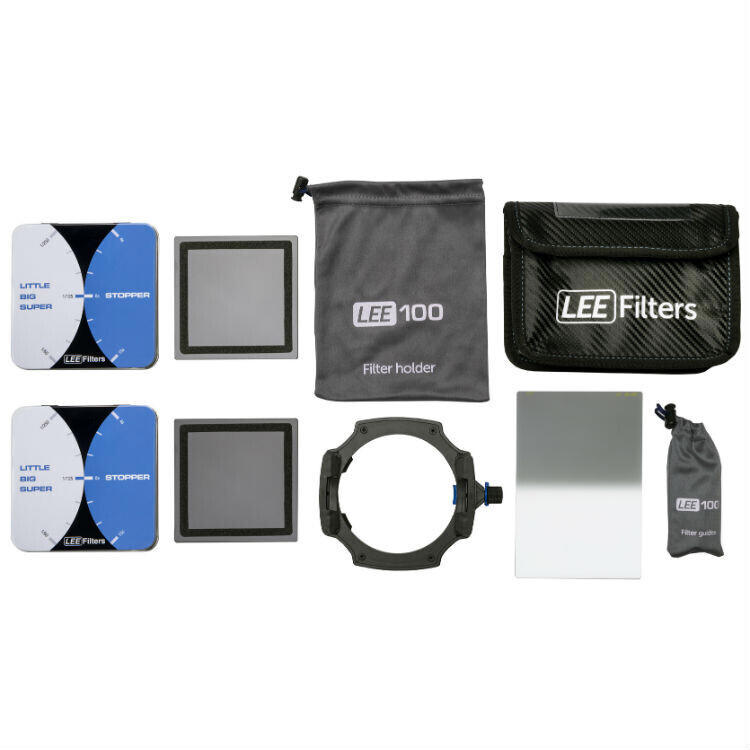
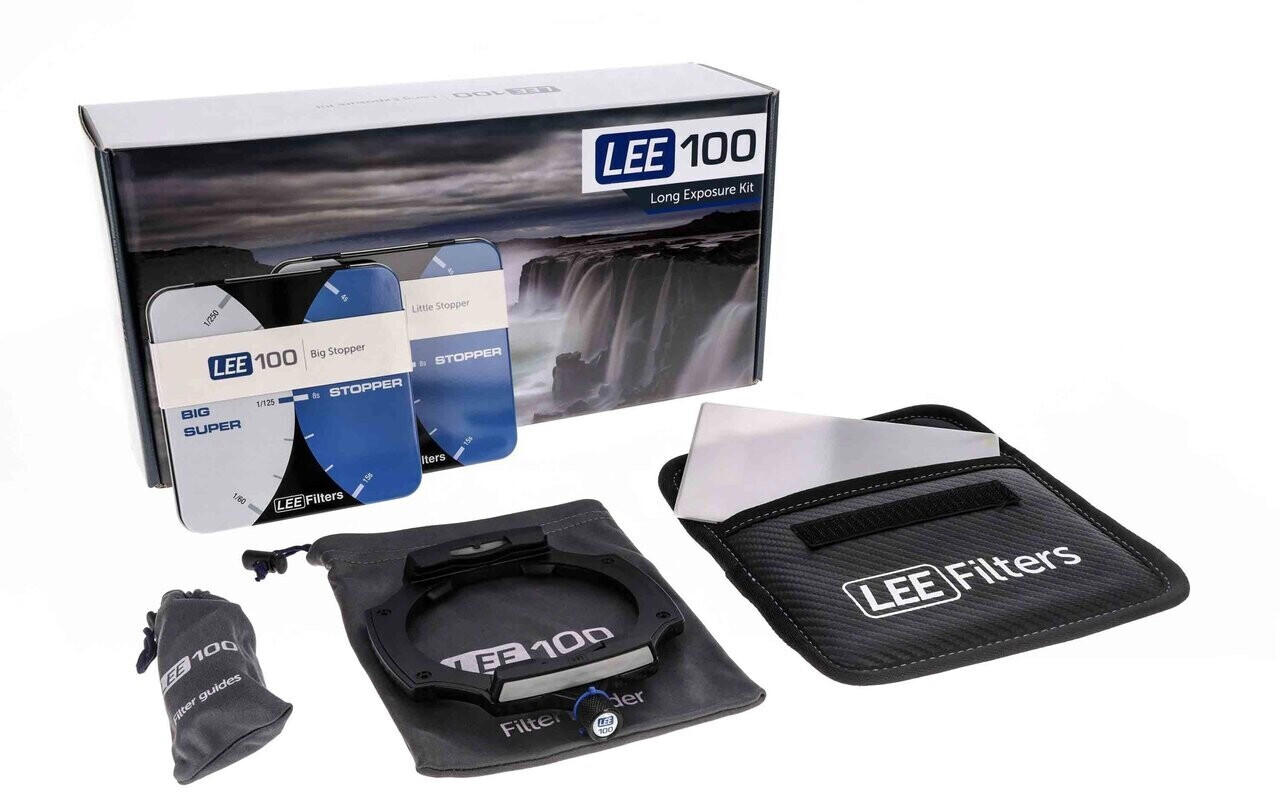
In terms of compatibility with other lens accessories, the Hoya Fusion One Circular Polarizer is an excellent choice. This polarizing filter helps reduce reflections and improve color saturation, making it suitable for landscape or architectural photography. Additionally, it can be used alongside other lens accessories, such as the Hoya UV(C) HMC filter, which provides extra protection to the lens without affecting image quality.
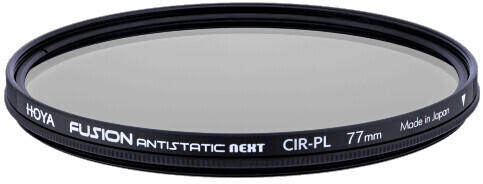


Gradient filter options
Firstly, you'll want to decide between a hard or soft gradient filter. A hard gradient filter has a more defined transition from clear to dark, making it ideal for situations where there is a clear and distinct horizon line. On the other hand, a soft gradient filter features a smoother transition, making it suitable for scenes with a more gradual change in brightness.
There are several noteworthy products in this category. The Lee Filters Graduated Neutral Density Soft Filter Set is a great choice for photographers wanting to enhance landscape shots without altering color balance. This set includes three different filters with varying degrees of light reduction, allowing for creative control over skies and bright scenes. Another standout product is the Hoya Graduated ND Filter, available in both hard and soft gradient options. The subtle transitions and high-quality glass construction make these filters a reliable choice for achieving balanced exposures in challenging lighting scenarios. Overall, when choosing a gradient filter, considering the type of transition and your specific needs will help you select the best option.
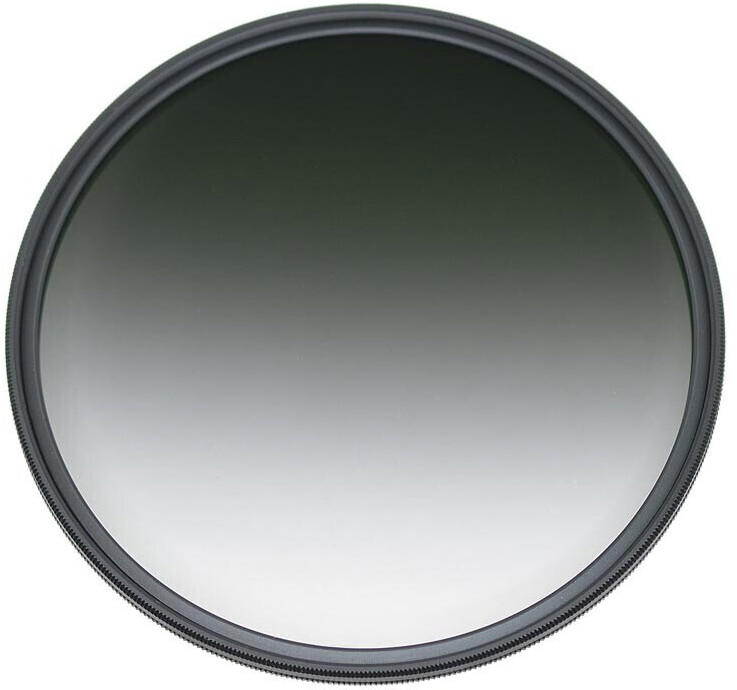
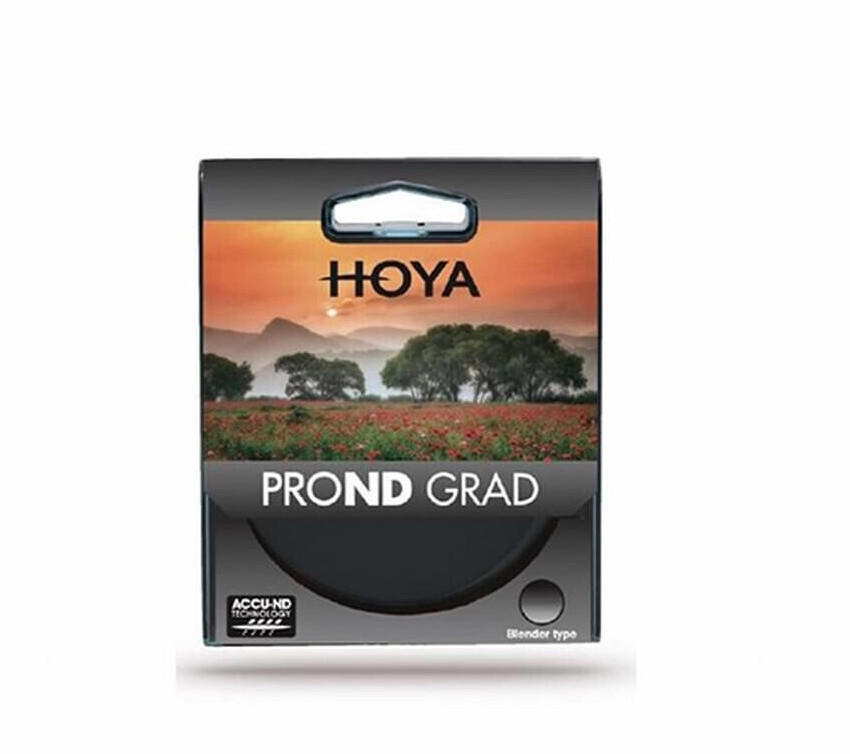
Special effects (eg. star filter, soft focus filter)
When it comes to special effects in photography, camera filters play a crucial role in creating the desired look. One popular special effect is the star filter, which can add sparkling starbursts to points of light in your images. The Hoya 77mm 4x Cross Screen Filter is a great example that creates a four-pointed star effect. This filter features a four-line cross screen pattern that diffracts light and creates beautiful radiant effects.
Another special effect that photographers often seek is the soft focus effect. This effect adds a dreamy and romantic look to your images by enhancing details while simultaneously diffusing others. The Tiffen 67mm Soft/FX Filter is an excellent choice when you want to achieve this effect. It helps to minimize skin imperfections, softening the overall image while retaining sharpness.
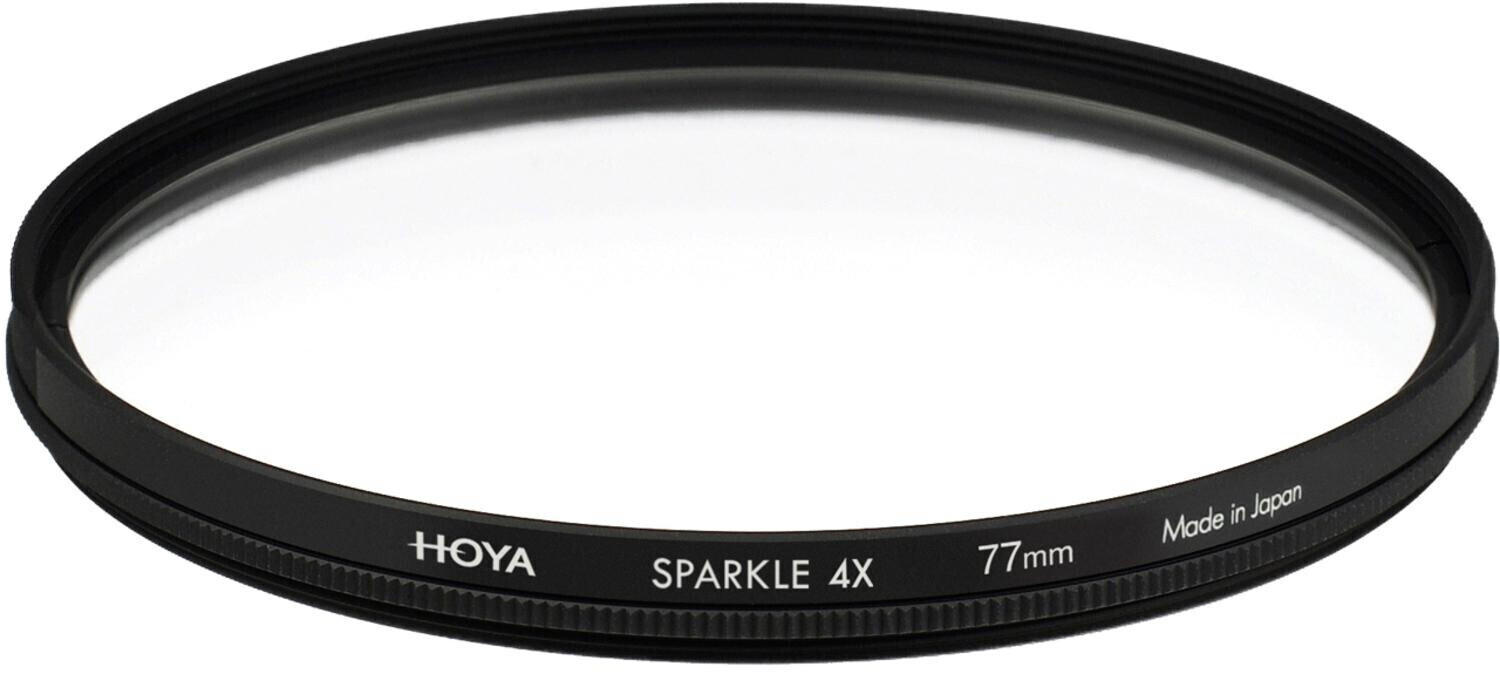
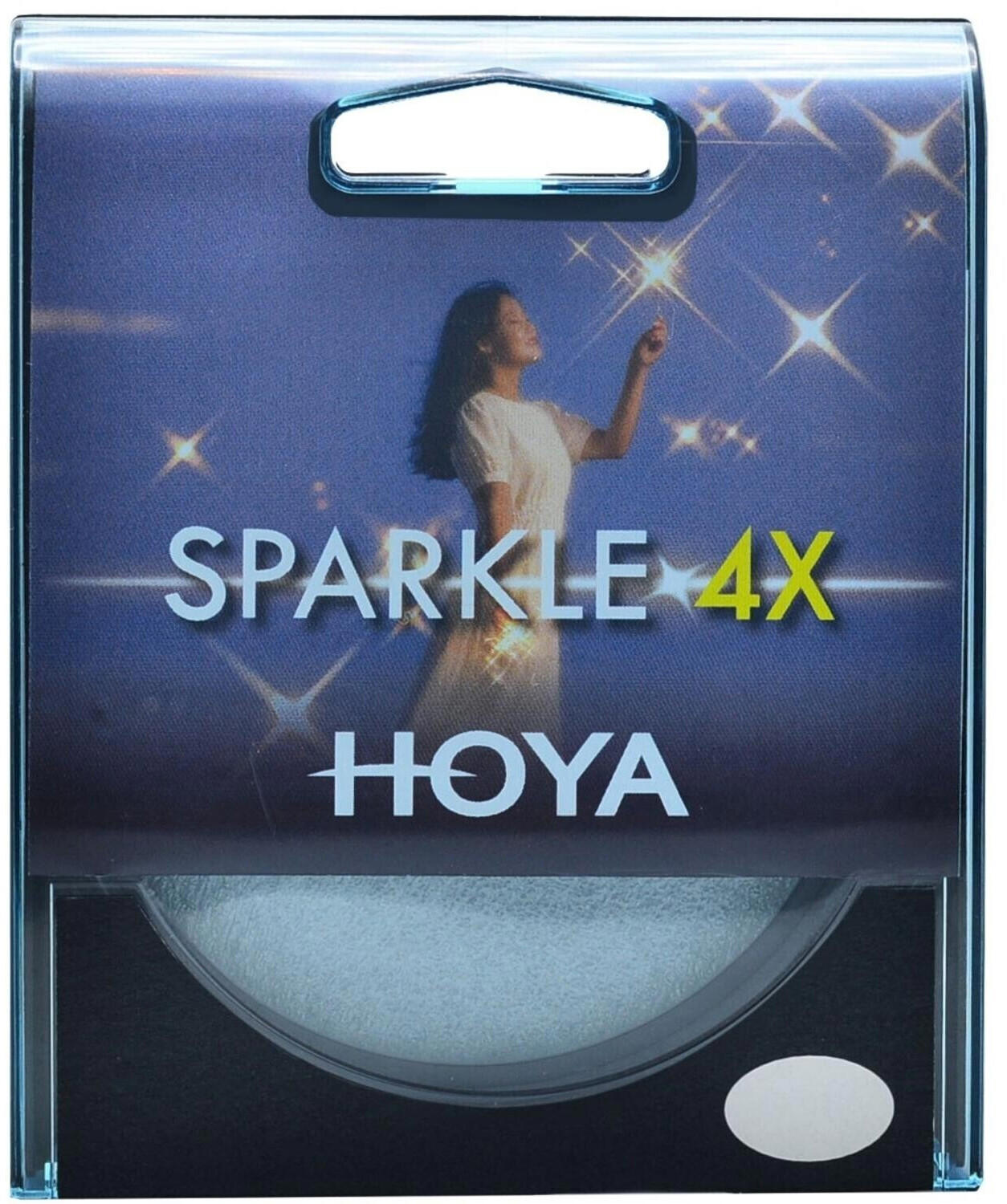
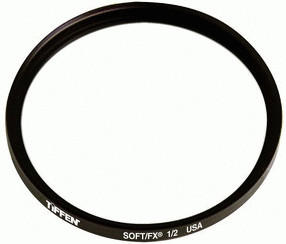
Camera filters can help photographers experiment with and achieve various special effects. These effects create stunning and unique images, making it crucial to consider filters like the star filter and soft focus filter to elevate your photography skills.
Ability to reduce glare and reflections
This feature helps to enhance the quality of your photographs by reducing unwanted reflections from shiny surfaces such as water, glass, or metal. The B+W 77mm Circular Polarizer Filter is an excellent option as it effectively minimizes glare and enhances color saturation. This filter is designed with a polarizing foil that suppresses light waves traveling in specific directions, resulting in reduced reflections and improved contrast in your images. Another highly regarded choice is the Hoya 82mm Solas IRND 1.8 Filter, which not only reduces glare but also blocks unwanted infrared light. This particular filter features high-quality multi-layer coatings, ensuring maximum light transmission and eliminating color shifts. Whether you are shooting landscapes, portraits, or still life, these filters are ideal for achieving optimal clarity and reducing unwanted reflections.
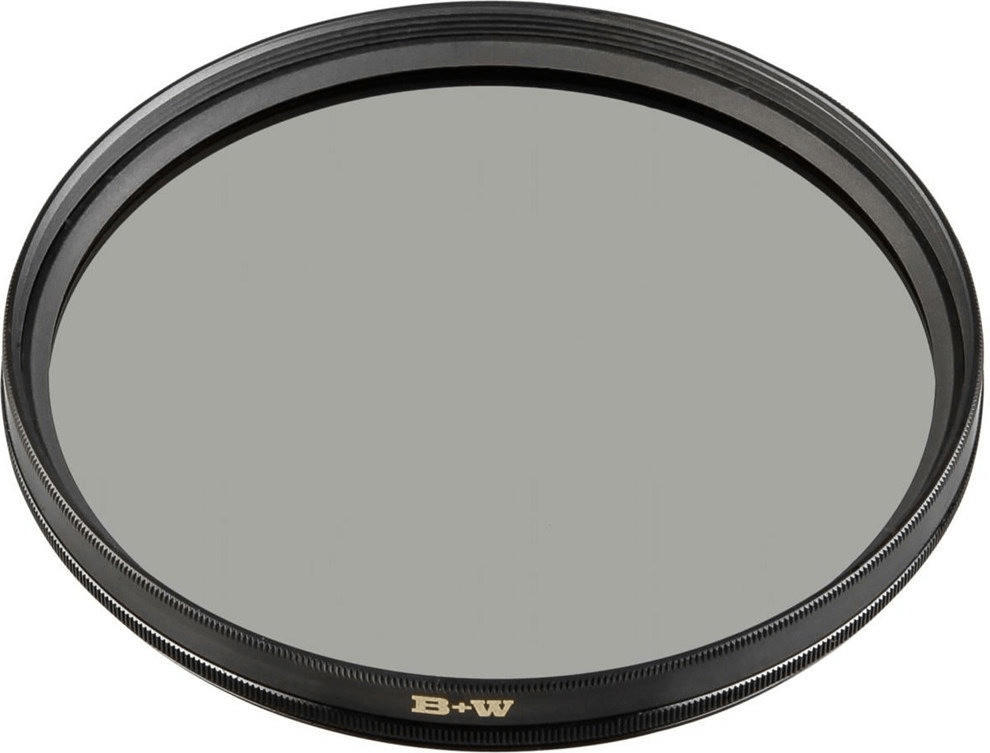
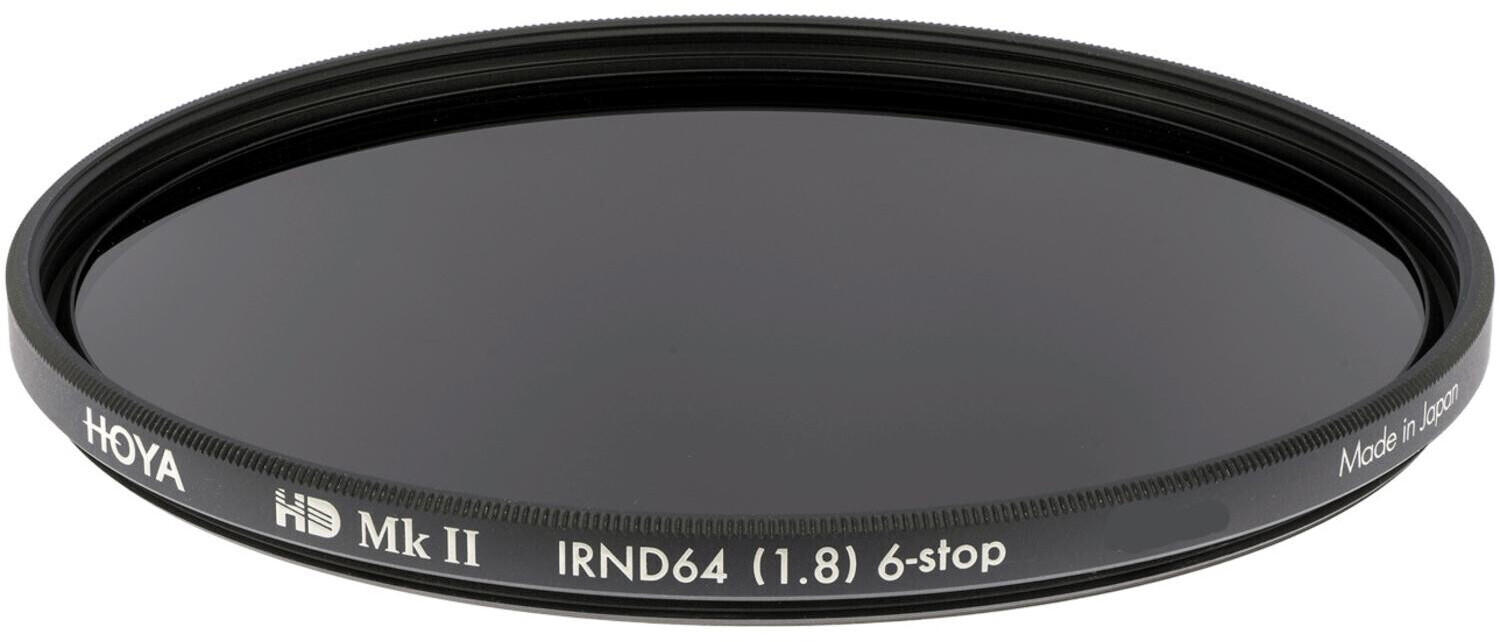
Level of filter darkening effect
The filter darkening effect refers to how much light the filter blocks or reduces, which is measured in f-stops. This is particularly important for photographers who want to control the amount of light entering their cameras to achieve the desired exposure.
There are three main categories of camera filters based on the level of filter darkening effect: neutral density (ND) filters, graduated neutral density (GND) filters, and polarizing filters. ND filters come in different strengths, such as 2-stop, 4-stop, or 10-stop, and allow photographers to reduce the amount of light entering the camera. Some recommended ND filters include the Hoya ND1000x which provides a 10-stop darkening effect, and the Singh-Ray Vari-ND which allows for adjustable darkening effect from 2 to 8 stops.
GND filters, on the other hand, are specifically designed to help balance the exposure between a bright sky and a darker foreground. They have a gradual darkening effect that transitions smoothly from top to bottom. Popular GND filters include the Lee Filters Graduated Neutral Density Soft Set which provides 2, 3, and 4-stop darkening effect on the top part of the filter, and the Formatt-Hitech Firecrest Graduated ND Kit which features a unique 13-stop darkening effect.

Lastly, polarizing filters are used to reduce glare and reflections and to enhance colors. While they do not have a specific darkening effect, they have an impact on the overall exposure and can be considered as a part of the filter's light control capabilities. Recommended polarizing filters include the B+W XS-Pro Kaesemann Circular Polarizer MRC Nano and the Hoya PRO1 Digital Circular Polarizing filter, both providing high polarization performance and minimal loss of light.


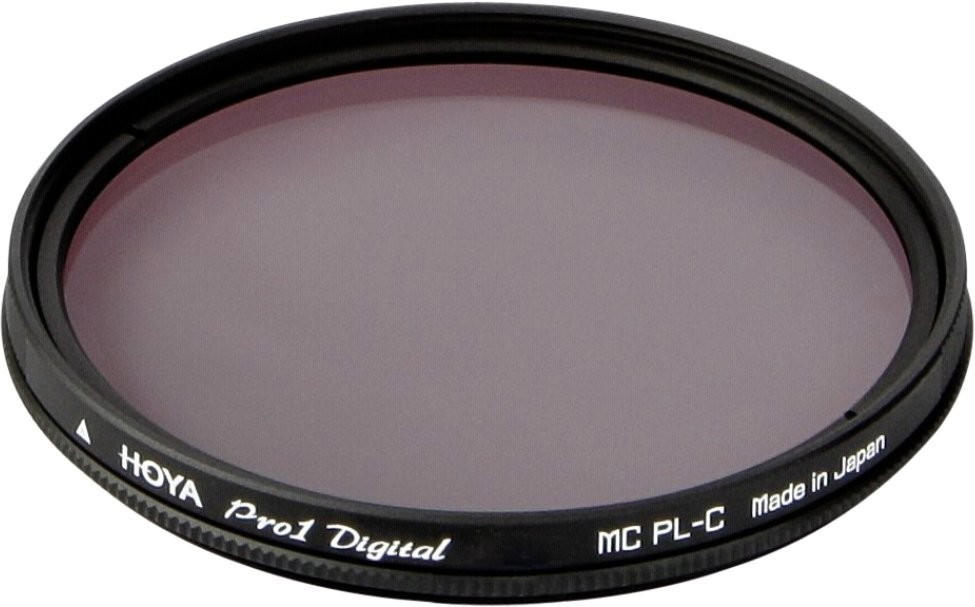
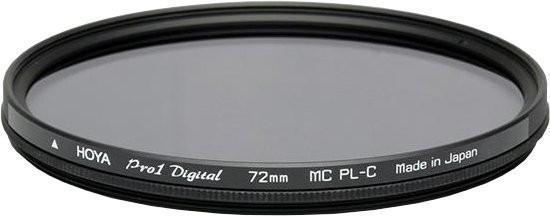
Long exposure capabilities
Firstly, it's important to look for a filter that offers high optical density, allowing for extended exposure times. The Lee Filters Big Stopper is an excellent option in this regard, with its super-strength 10-stop neutral density filter. This means it reduces the amount of light entering the lens by 10 stops, enabling you to achieve stunning long exposure effects.
For those who want to take their long exposure photography to even greater extremes, there are specialized filters available that offer even higher density and longer exposure times. The Singh-Ray Vari-ND Variable Neutral Density Filter is a remarkable filter that allows you to adjust its density from 2 to 8 stops, ensuring greater flexibility in varying lighting conditions. Another noteworthy option is the B+W XS-Pro MRC Nano ND 3.0-10 Stop Filter, which provides a density of 10 stops and boasts multi-resistant coating to minimize flare and reflection. These filters open up a world of creative possibilities for photographers seeking to capture mesmerizing long exposure shots.
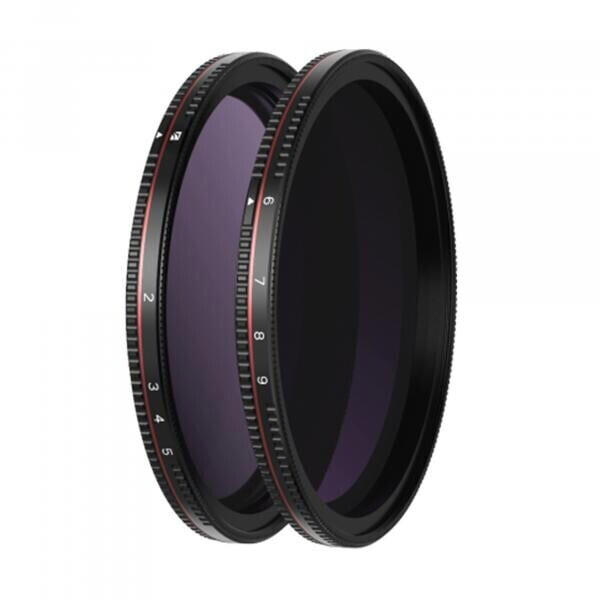
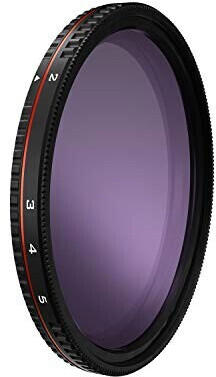
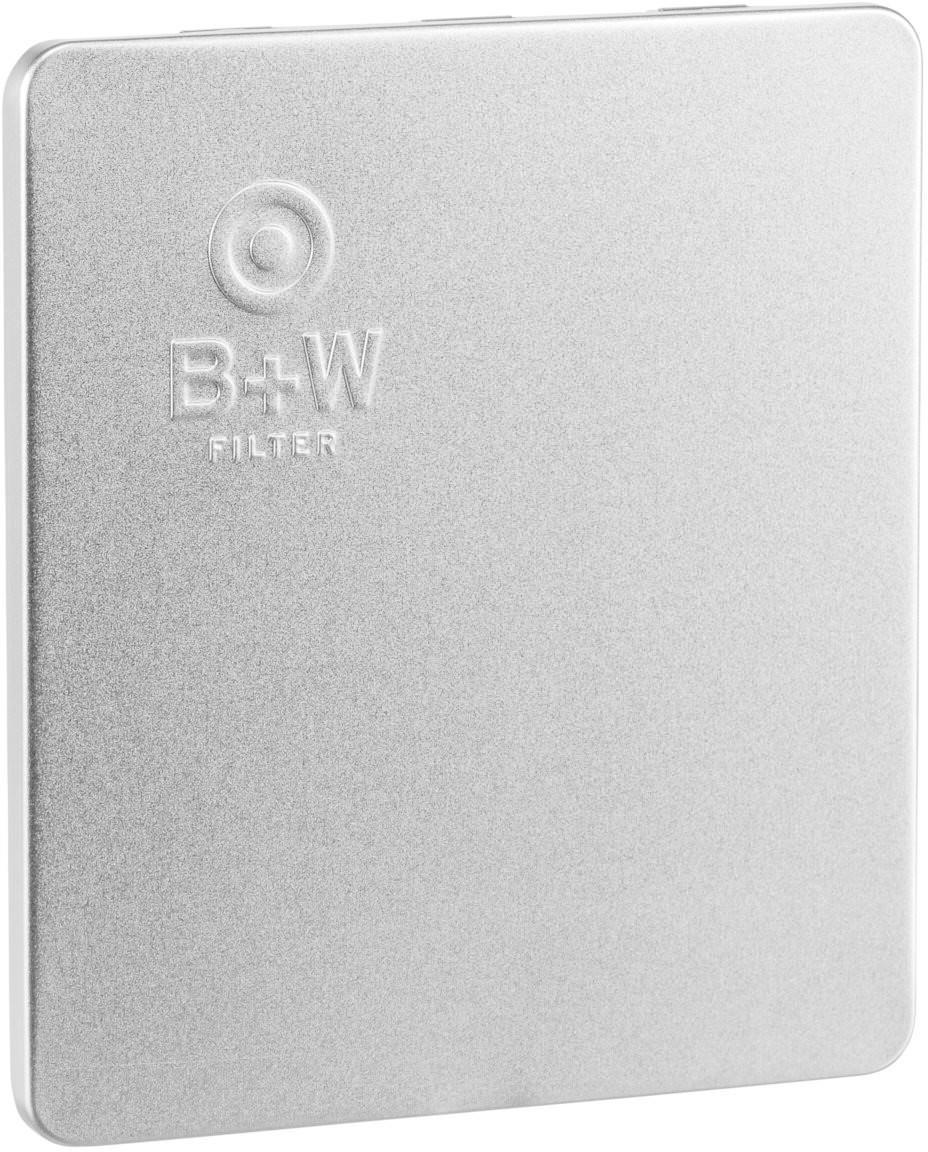
Infrared cut-off
Infrared light can cause undesirable effects, such as color shifts and reduced image clarity, especially in digital photography. A high-quality infrared cut-off filter is essential to minimize the impact of infrared light on your images.
One excellent option for an infrared cut-off filter is the Hoya 72mm HMC Infrared-Blocking Filter. This filter effectively eliminates both ultraviolet and infrared light while ensuring accurate color reproduction. It features high-quality optical glass with a multi-coating that reduces reflections and improves light transmission. With its 72mm thread size, this filter is compatible with a wide range of lenses, making it a versatile choice for photographers.
An alternative option for those looking for a budget-friendly filter is the B+W 67mm IR Blocking 486 Filter. This filter effectively blocks infrared light but allows visible light to pass through, maintaining natural colors in your images. Constructed with high-quality Schott glass, this filter provides excellent contrast and image quality. The 67mm thread size makes it compatible with various lenses, making it suitable for photographers of different skill levels.
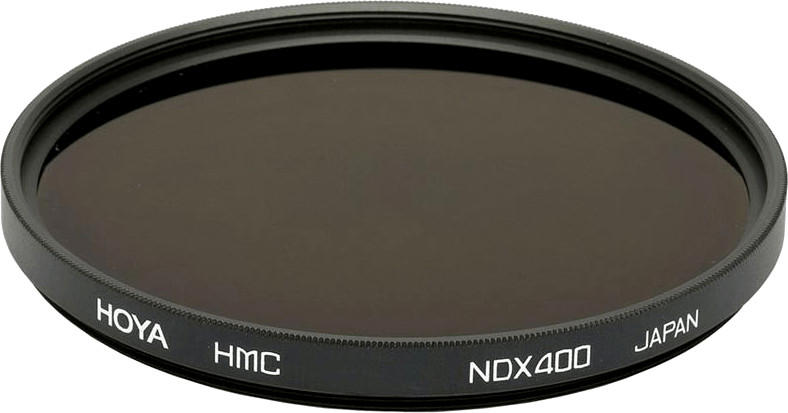
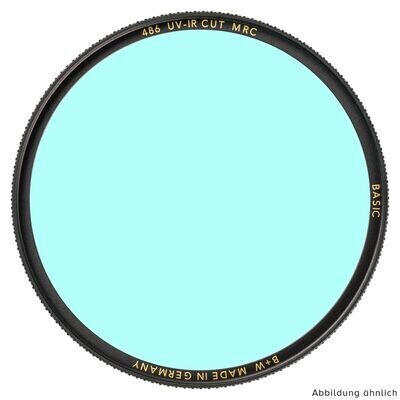
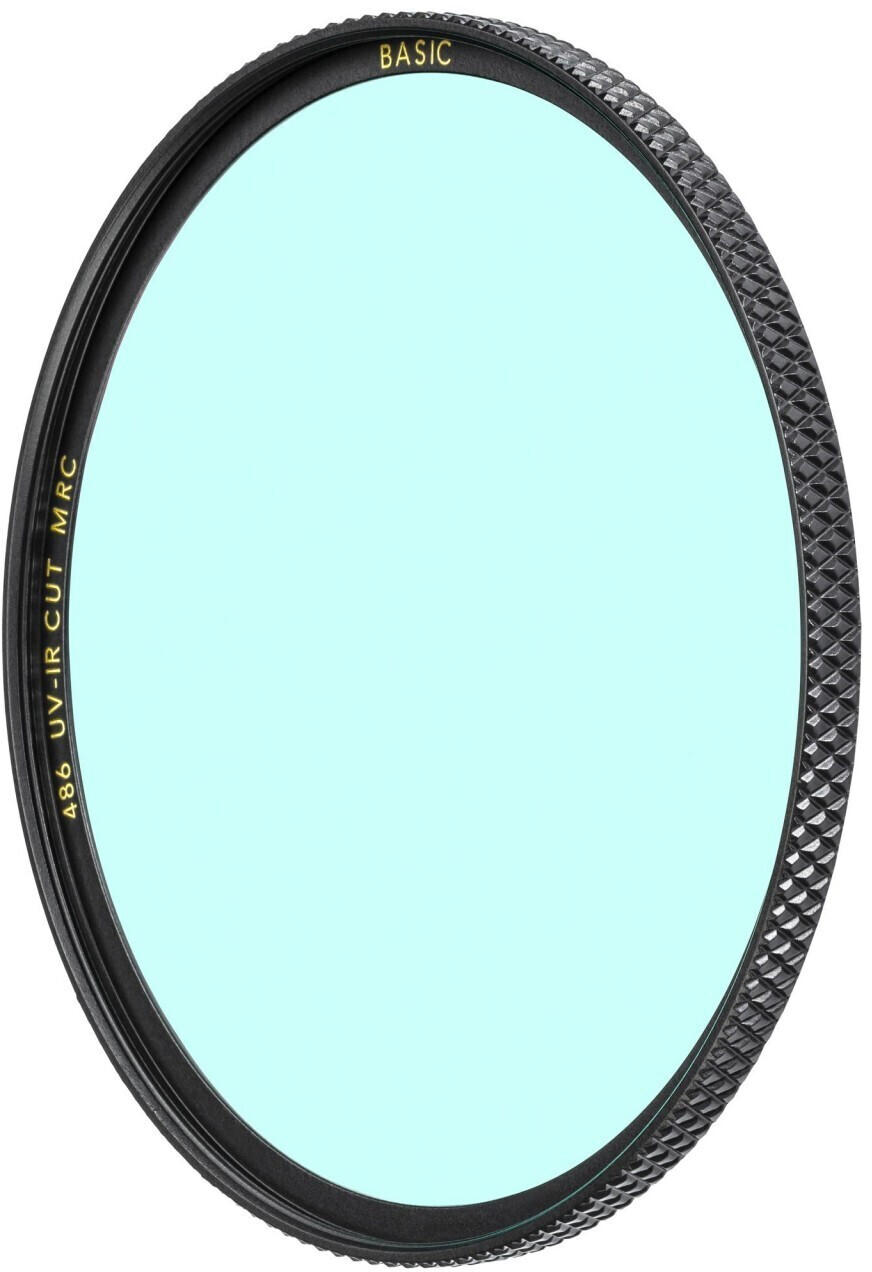
While these are just two examples, other reputable filter brands like Tiffen, Marumi, and Lee Filters also offer a range of infrared cut-off filters suitable for different camera systems and lens sizes. It's worth comparing specifications and reading customer reviews to find the best option that suits your specific needs and photography style.
Consistency of colors across filters of the same brand
Maintaining consistent color reproduction is crucial for photographers and videographers to achieve their desired artistic vision. Some premium filter brands, such as B+W, have adopted rigorous quality control measures to ensure color consistency across their line of filters.
For instance, B+W's MRC-Nano filter series shows remarkable consistency in color reproduction due to its renowned Multi-Resistant Coating (MRC) technology. This advanced coating diminishes reflections and provides water, oil, and dirt resistance, resulting in improved light transmission. The B+W MRC-Nano UV filter comes in various sizes, including 52mm, 58mm, and 67mm, among others, to fit a range of camera lenses.
Another notable brand recognized for its color consistency is Hoya. The Hoya HD Professional Circular Polarizer filter is meticulously designed with 32 layers of coating employing Hoya's hardened glass designation, HD technology. This advanced construction maintains accurate color rendition and minimizes flare and ghosting. It is available in different sizes, such as 77mm and 82mm, providing compatibility with various camera lenses.
These examples highlight the importance of selecting camera filters from reputed brands known for their commitment to color consistency. Properly researched filters from brands like B+W or Hoya ensure consistent color reproduction across different filters, allowing photographers and videographers to achieve their desired visual outcomes.
Image distortion prevention
This feature reduces any deformities or aberration caused by the filter and ensures the highest image quality. One great option for photographers is the Kenko Real Pro Multi-coated Slim ring Pro-Circular Polarizing Filter. With a slim design and high-quality multi-coating, this filter effectively prevents image distortion while also reducing glare and enhancing color saturation. Another excellent choice is the B+W XS-Pro Digital HTC Kaesemann Circular Polarizer Filter. This filter utilizes high-transmission Hoya-polarized film technology to reduce reflections and minimize image distortion, resulting in sharp and vibrant photographs. Both filters are available in various sizes to cater to different camera lenses.


Clarity of filter glass
Clarity refers to how transparent the filter glass is, without causing any distortion or loss of image quality. The last thing you want is to invest in a filter that degrades the images you capture. To ensure optimal clarity, look for filters with high-quality optical glass, such as the Zeiss T* UV Filter. This filter boasts high light transmission thanks to the effective multi-layer anti-reflective coating that minimizes flare and ghosting. Similarly, the B+W Clear UV Haze Filter is another excellent choice, known for its pristine and unobstructed optical performance. Both these filters offer exceptional clarity and are widely regarded as premium options among photographers.
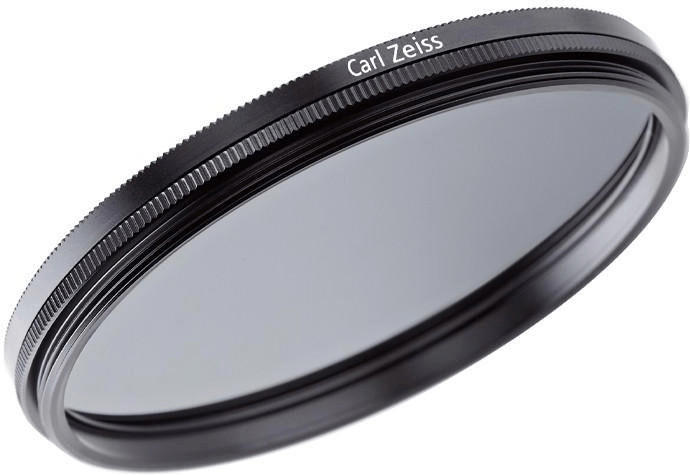


Size and weight of the filter
Smaller and lighter filters are generally more convenient and practical, especially when you're on the go or traveling frequently. For instance, the B+W 77mm XS-Pro Clear UV Filter is well-known for its compact design and lightweight construction, weighing only 14 grams. Another option in this category is the HOYA 72mm Ultraviolet (UV) Multi-Coated Glass Filter, which is designed to be slim and lightweight, weighing only 22 grams. These filters offer a practical solution for photographers who want to minimize the additional bulk and weight in their camera gear without compromising on image quality.
Price
Camera filters vary in price depending on the brand, material, and quality. It's important to set a budget and find filters that fit within that range. For photographers on a tighter budget, there are budget-friendly options available such as the AmazonBasics UV Protection Filter and the Hoya HMC UV filter. These entry-level filters provide basic protection for your camera lens at an affordable price.
For those willing to invest a bit more, there are mid-range filters like the B+W 77mm UV Haze Slim Filter and the Tiffen 77mm Digital HT Multi-Coated UV Protector. These filters are constructed with high-quality glass and coatings to minimize reflections and distortions. On the higher-end, professional photographers may opt for premium filters like the Heliopan Vario ND filter or the LEE Filters 100mm System. These filters offer advanced features such as adjustable neutral density and a comprehensive filter system for optimal control over light transmission. Remember, the price of a camera filter is just one aspect to consider when making your decision.

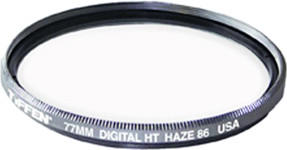
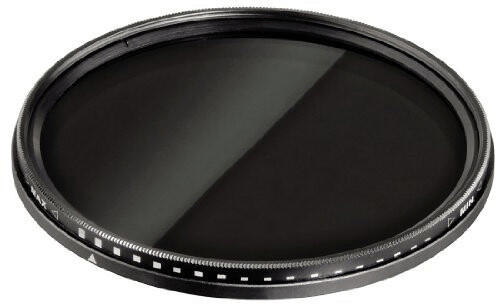

Variety of brands
When it comes to camera filters, there is a wide variety of brands available on the market. Each brand offers different features and specifications that cater to different photography needs. Some popular and reputable brands in the industry include B+W, Hoya, and Tiffen.
B+W filters are known for their high-quality optics and excellent filter characteristics. The B+W XS-Pro line, such as the B+W XS-Pro UV MRC Nano, is designed with multi-resistant coating, reducing reflections and enhancing color fidelity. On the other hand, Hoya offers a range of filters, including the Hoya Pro1 Digital UV, which features an ultra-clear high transmittance glass and eight layers of anti-reflective coatings to minimize flare and ghosting. Tiffen, another well-established brand, is renowned for its Nuance line. The Tiffen Tiffin Vari-ND and Tiffen Tiffin Black Satin are popular choices, allowing users to adjust the amount of light entering the lens and creating a soft focus effect respectively.

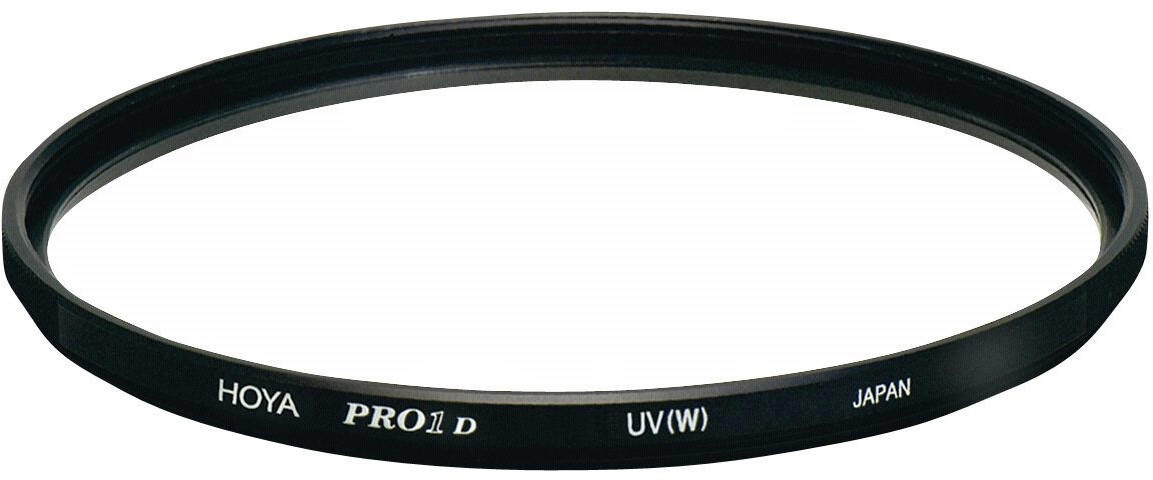
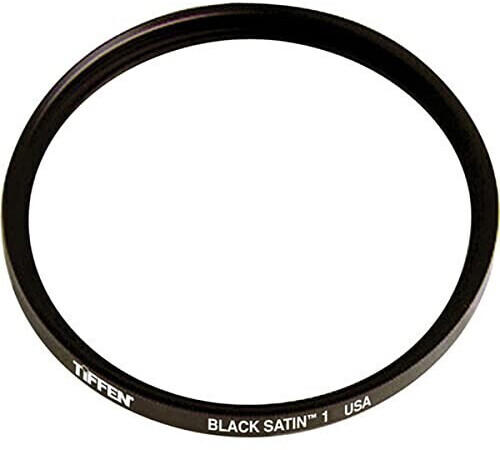
It's important to note that the selection of the best brand depends on individual preferences and requirements. Some photographers may prioritize color accuracy and optical quality, while others may focus on budget-friendly options or specialized filters for specific photography genres such as landscape or portrait photography.